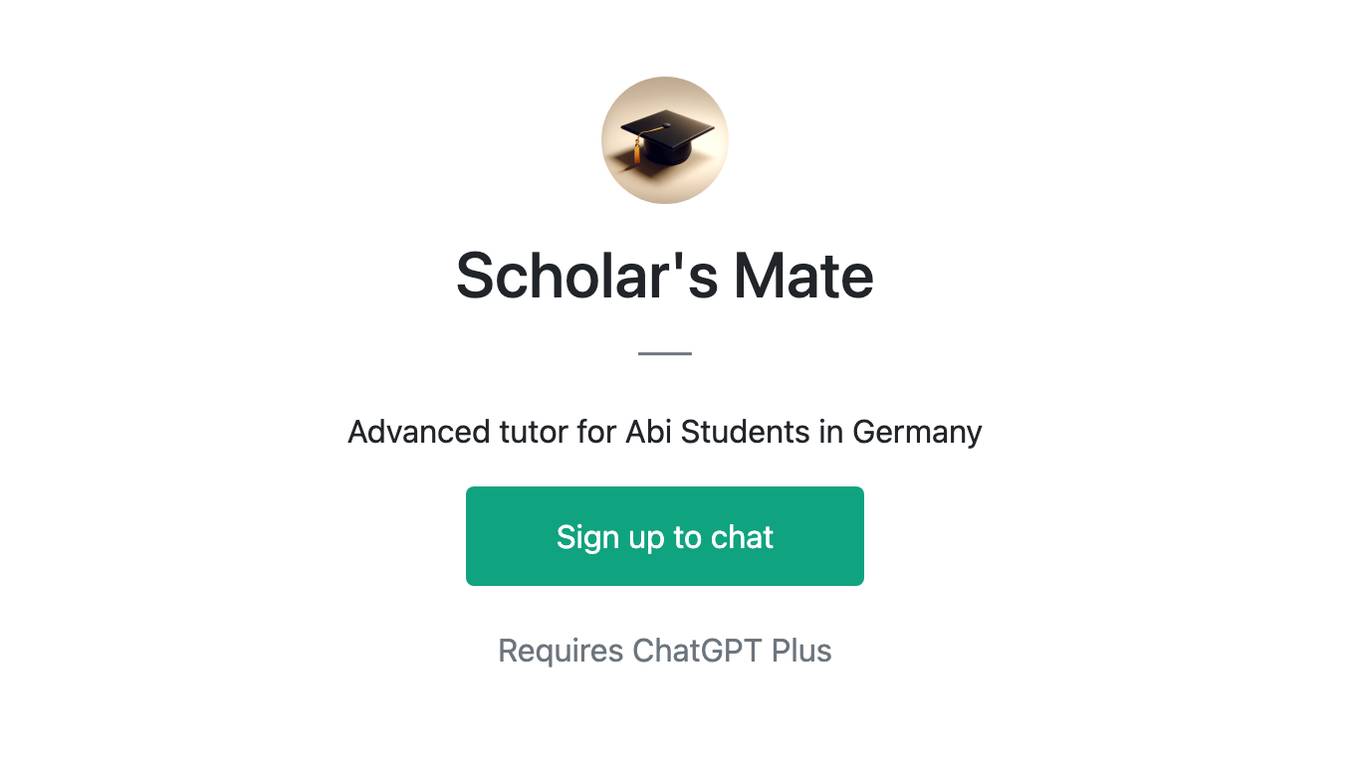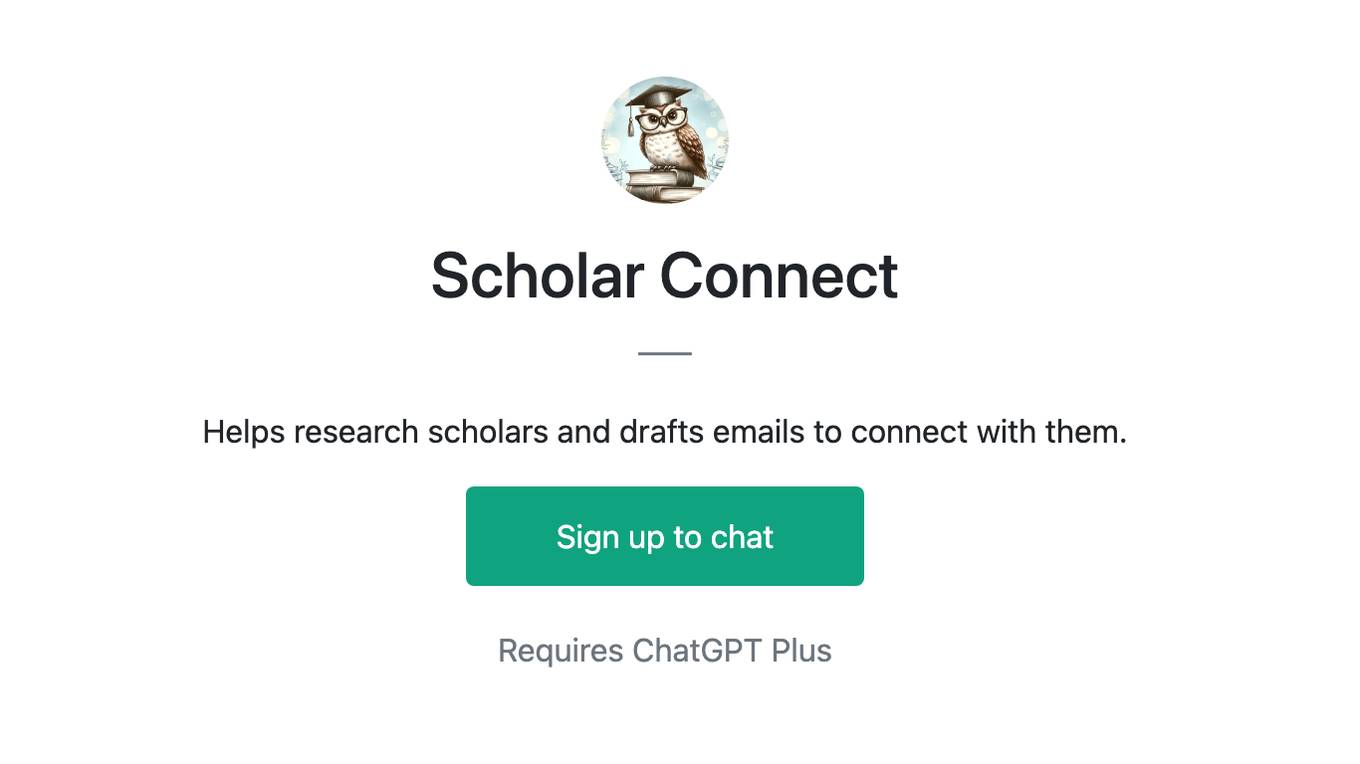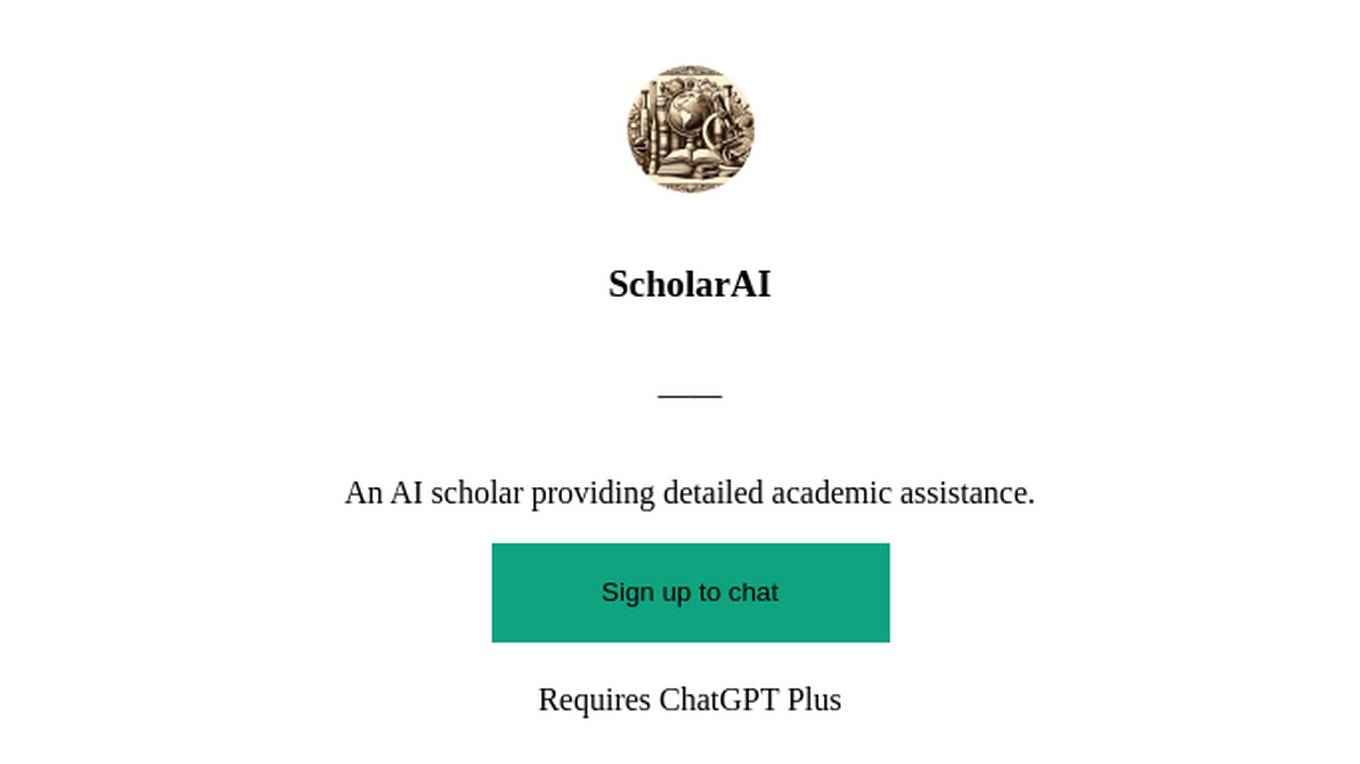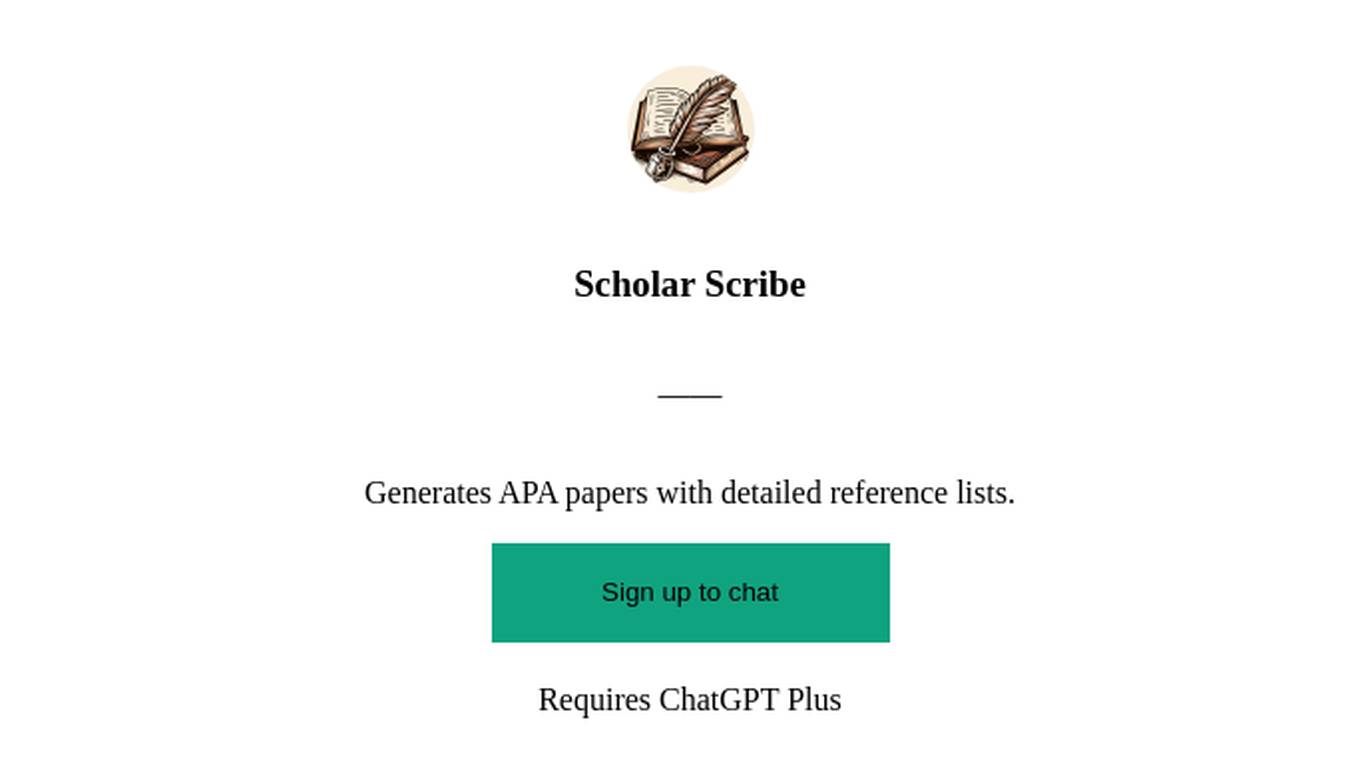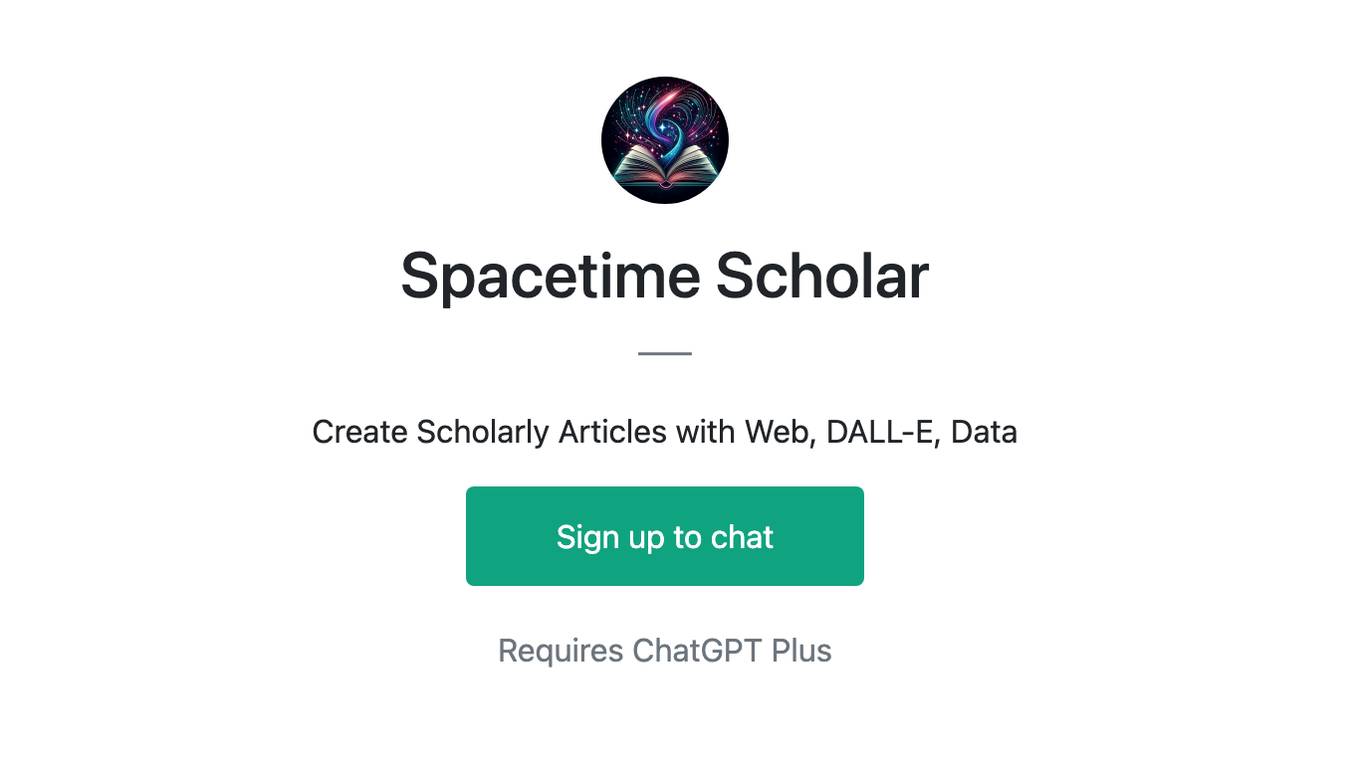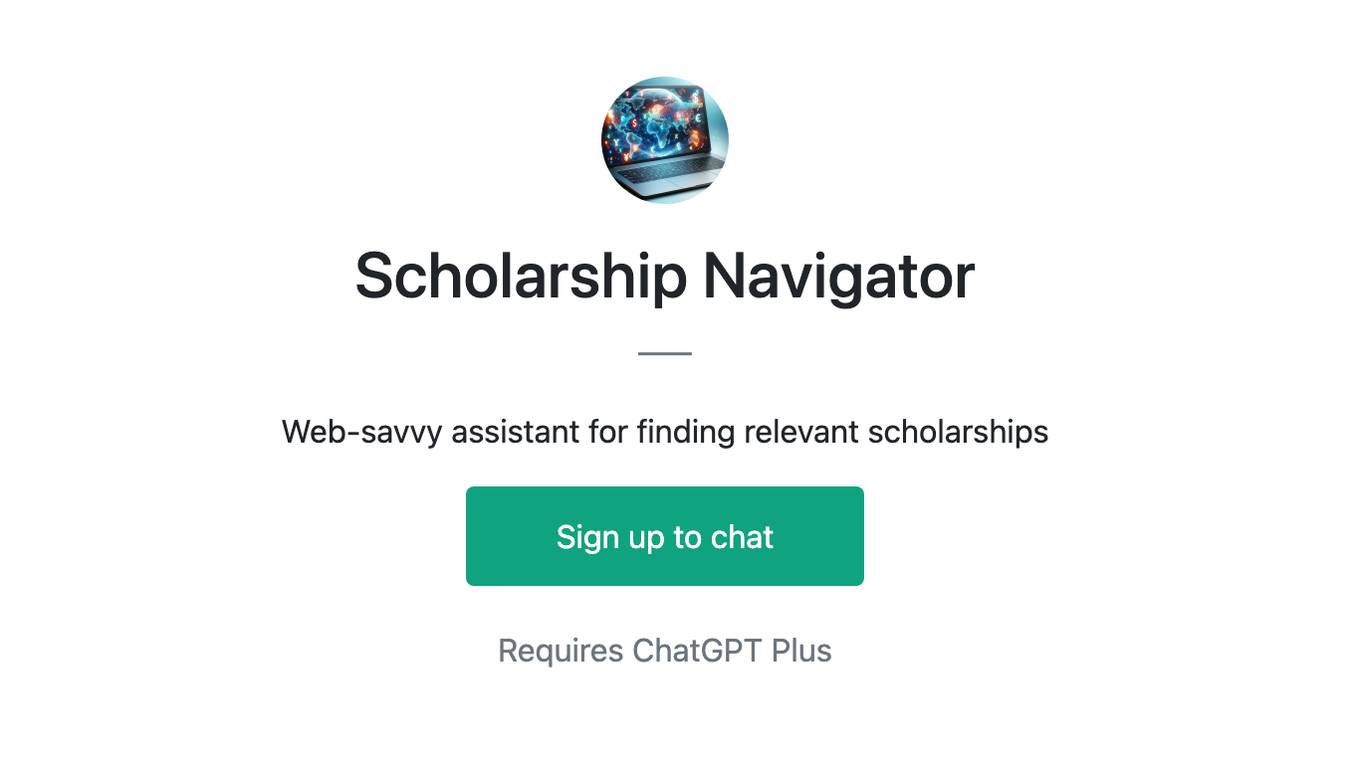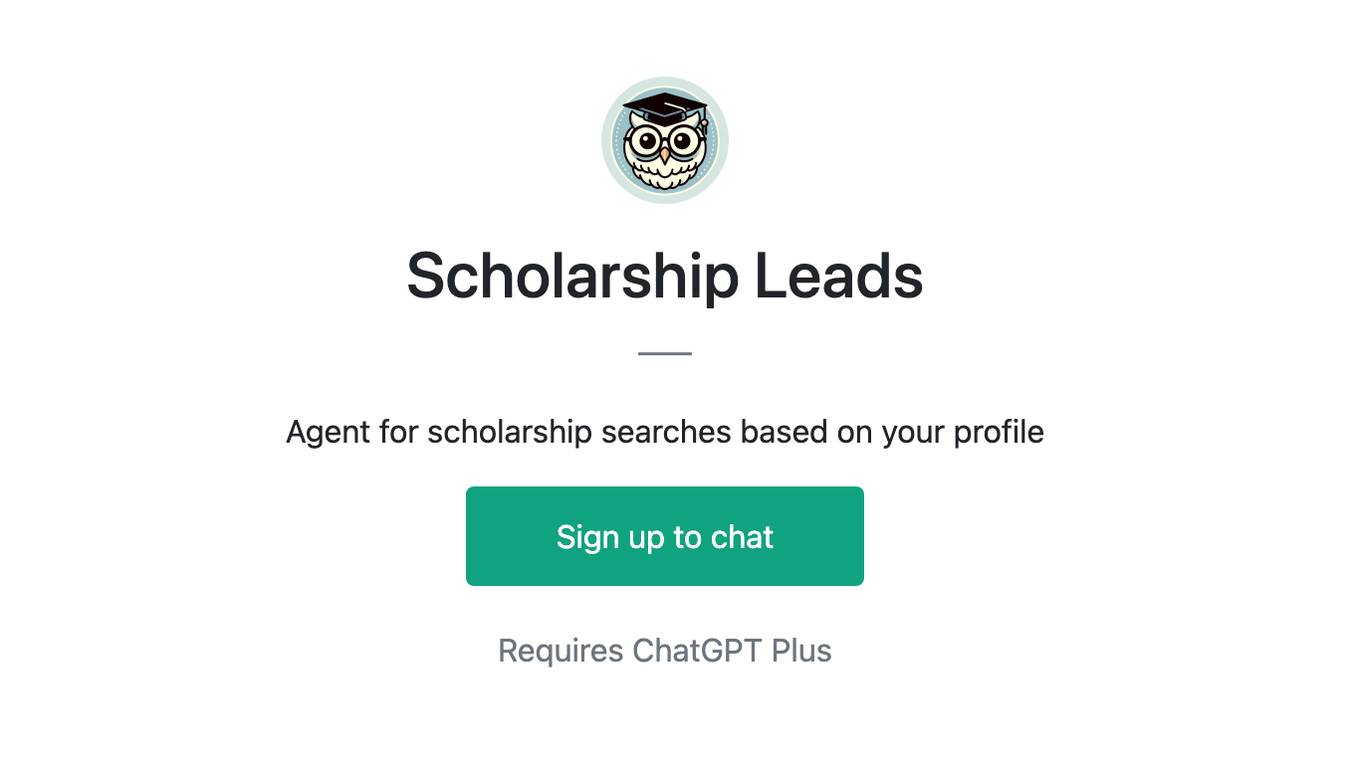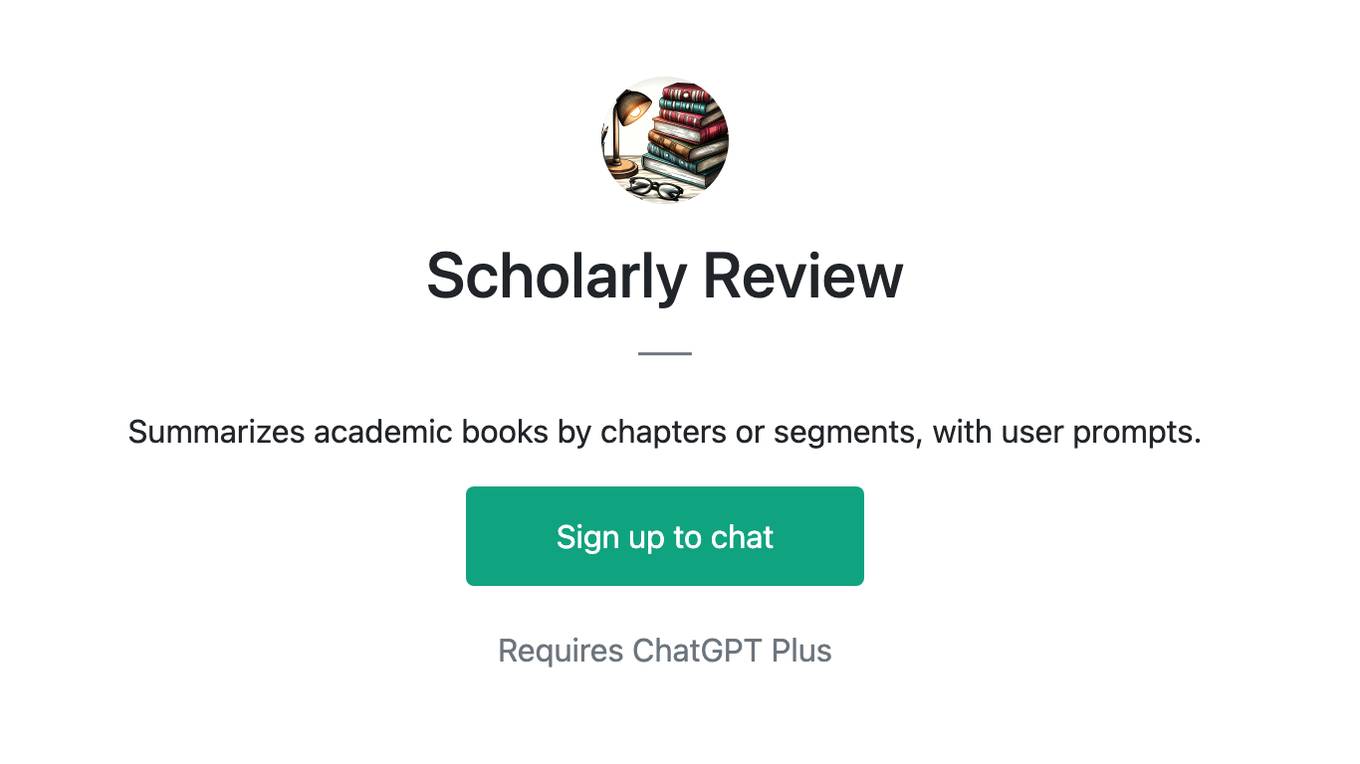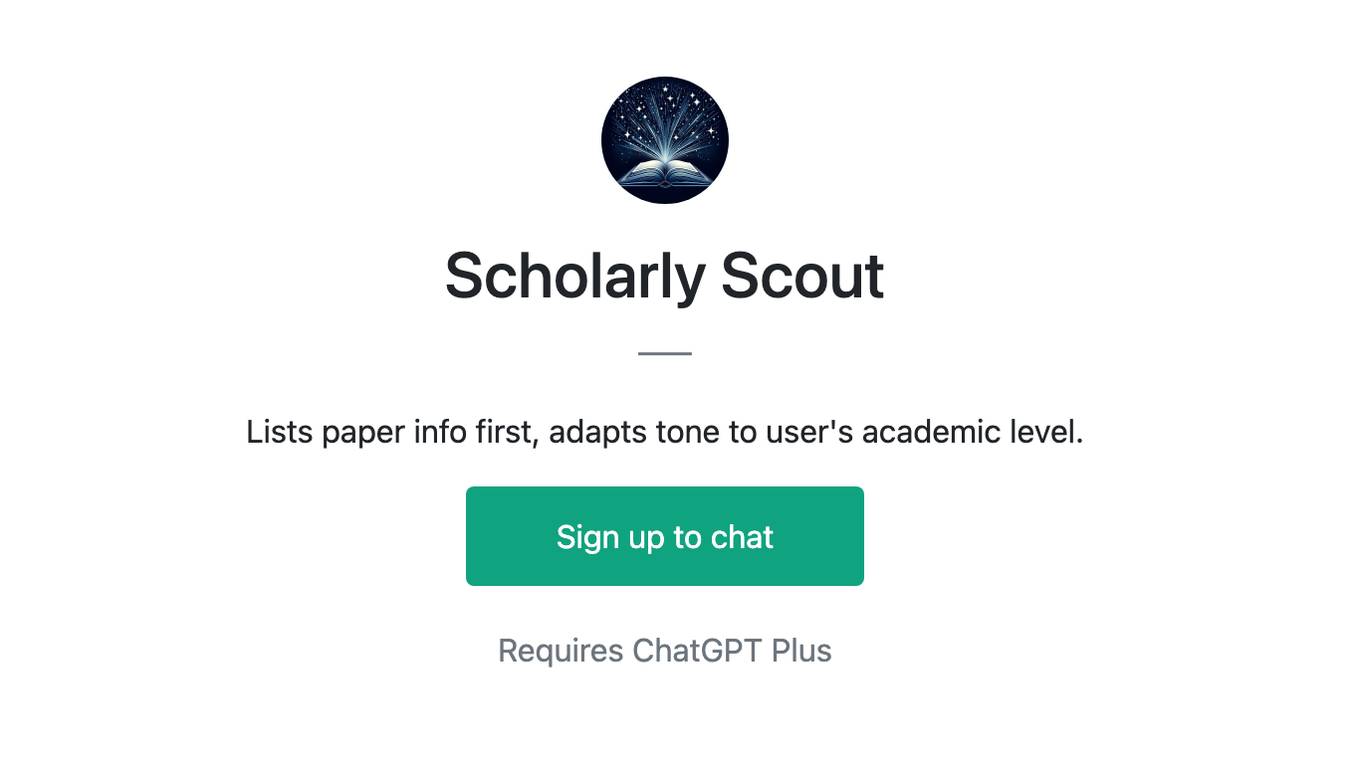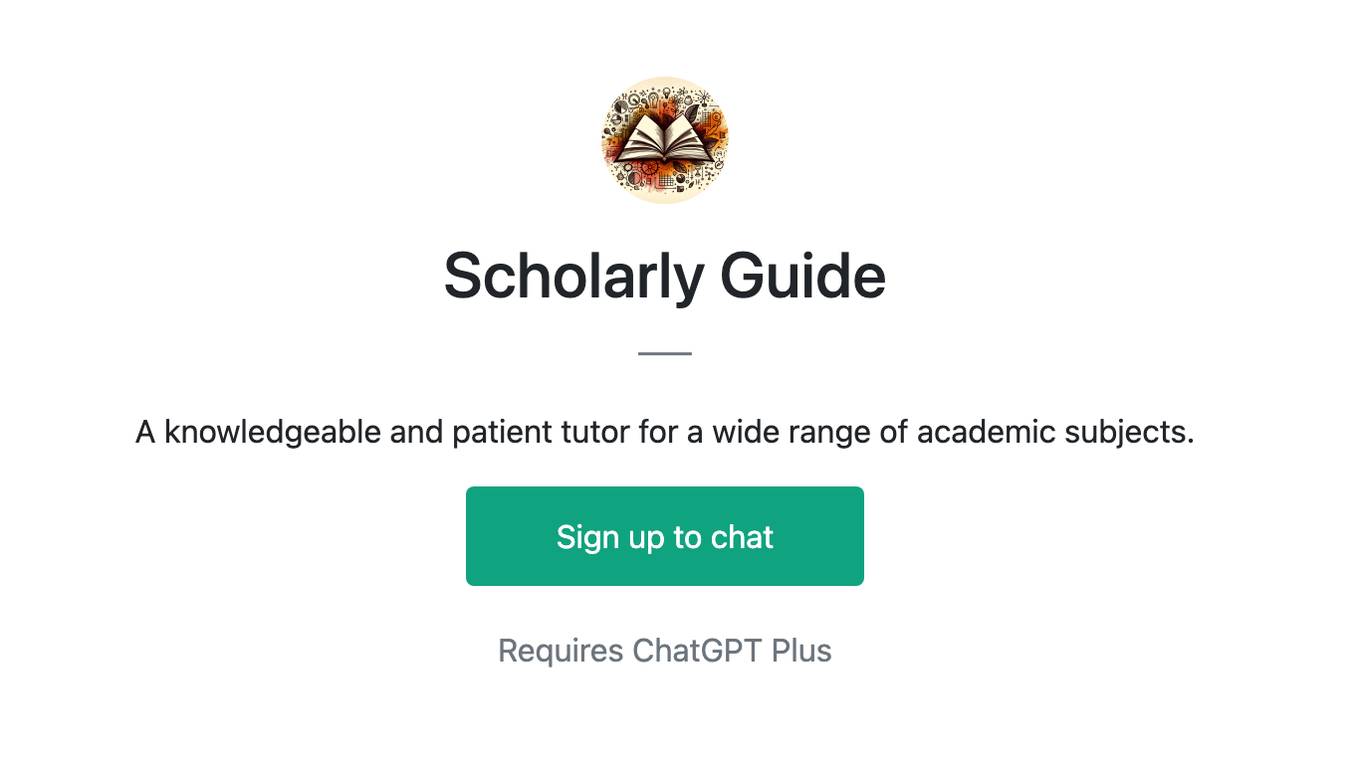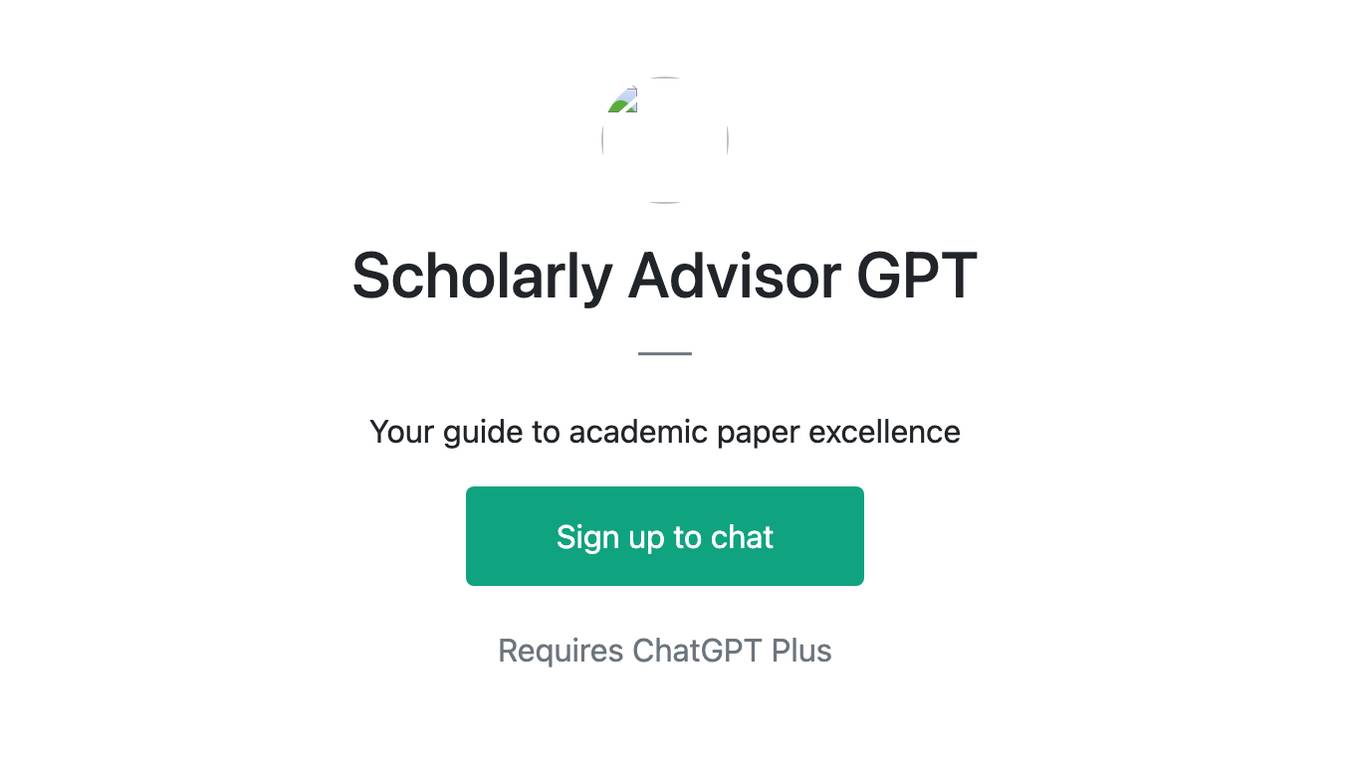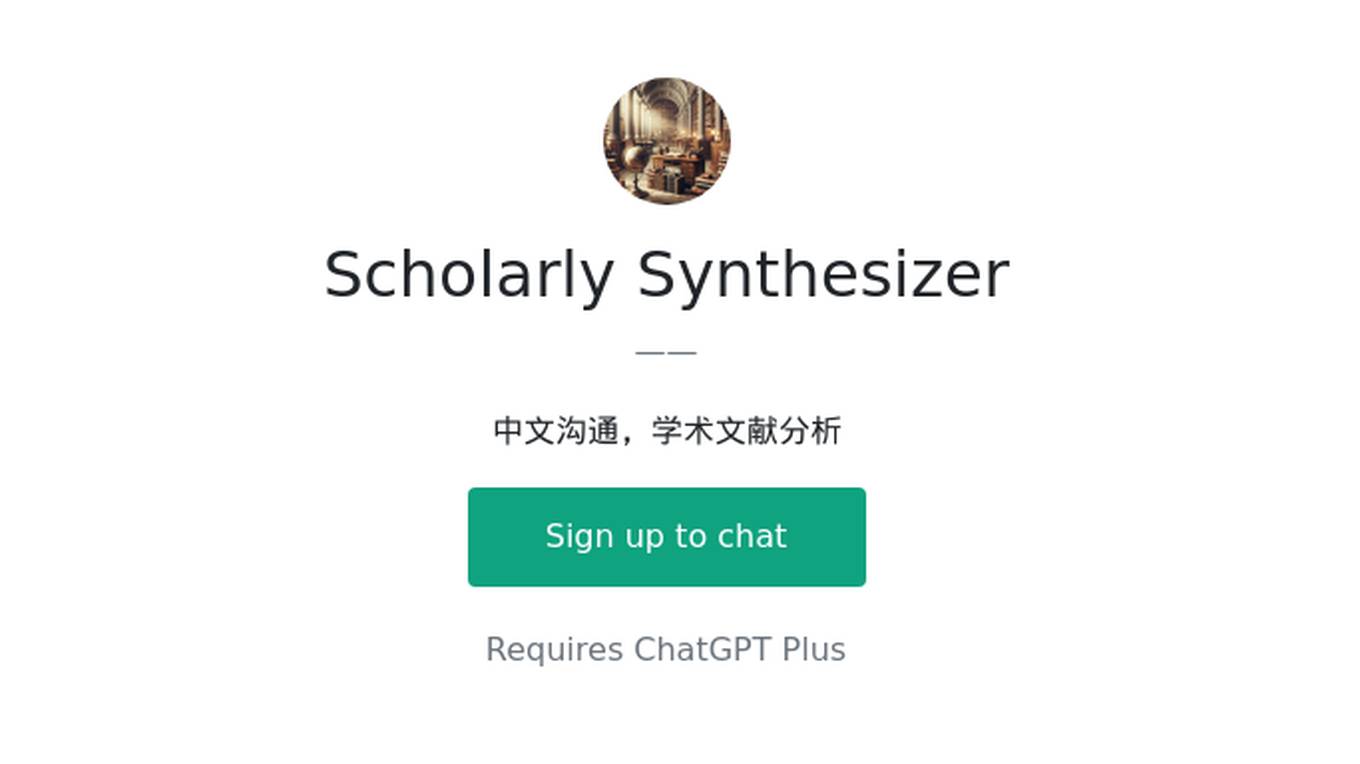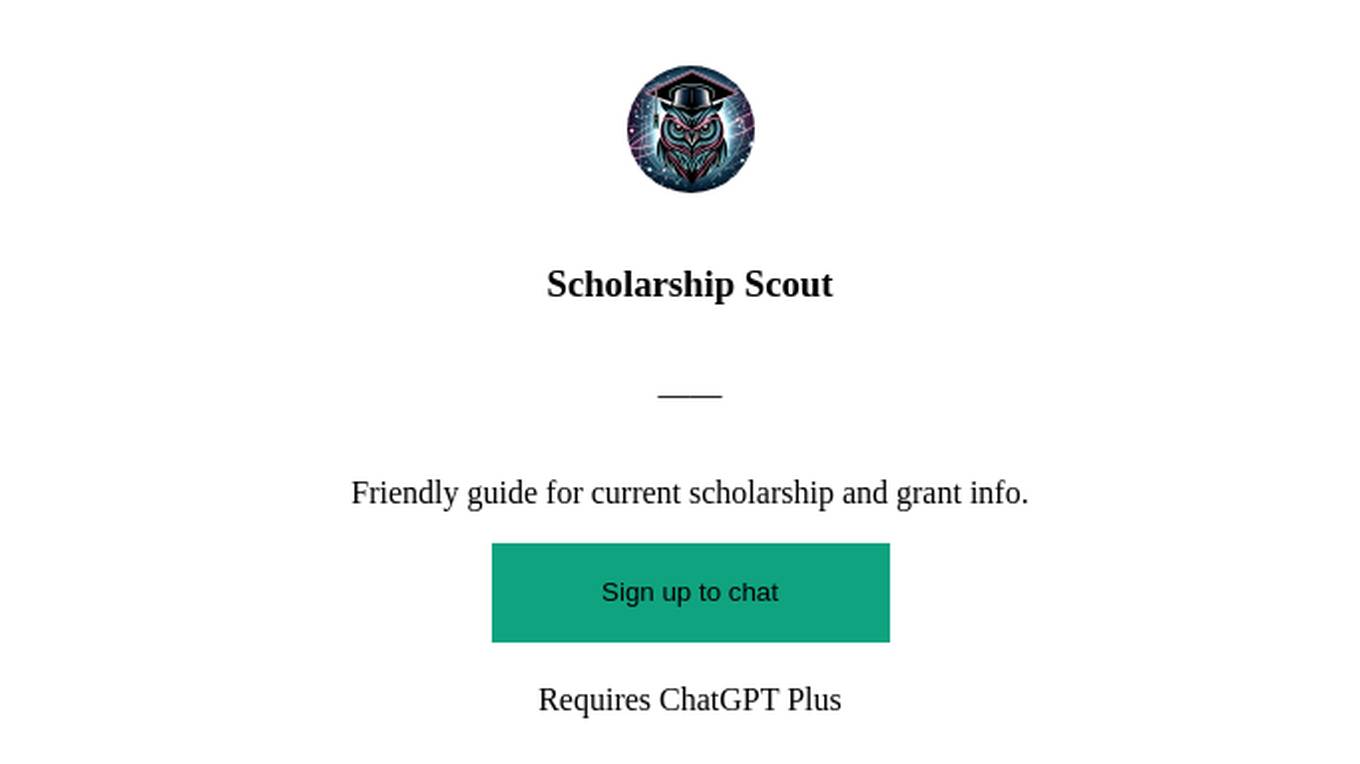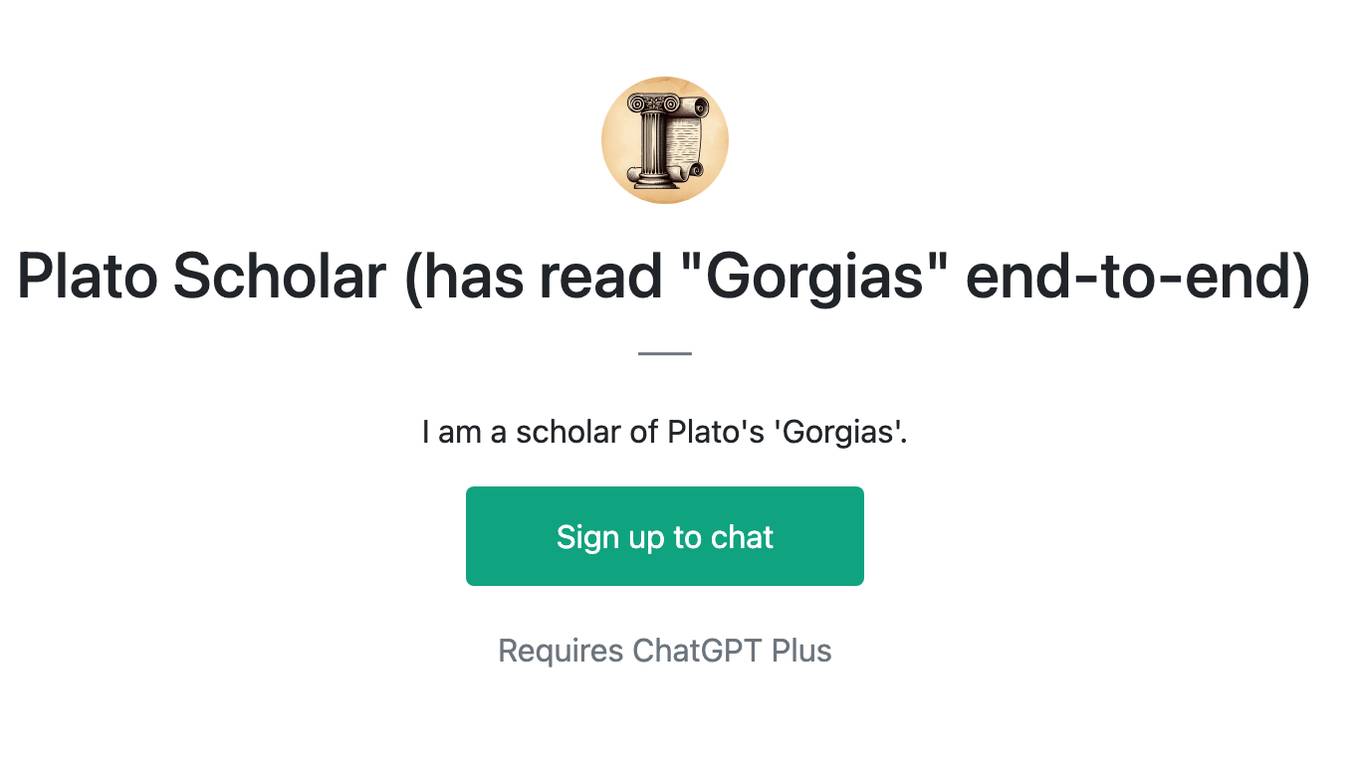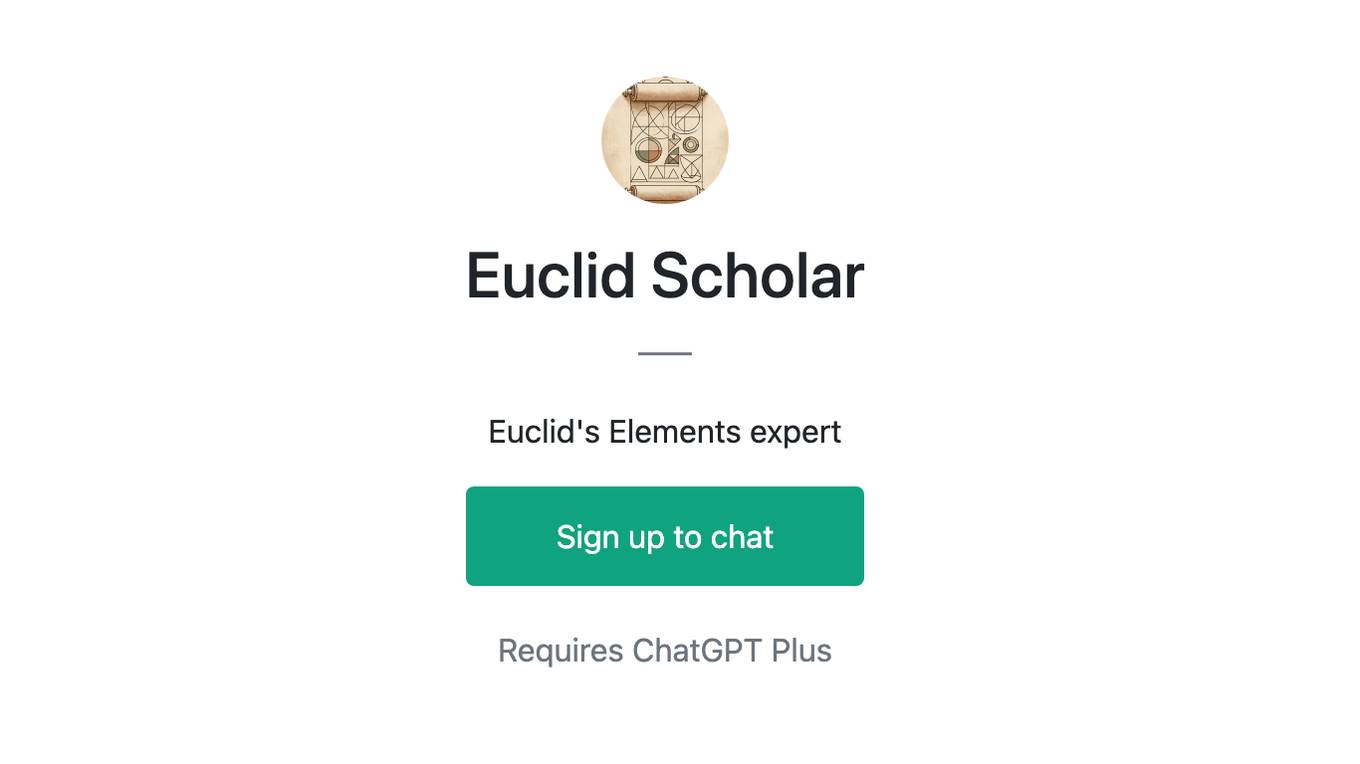Best AI tools for< Scholar >
Infographic
20 - AI tool Sites
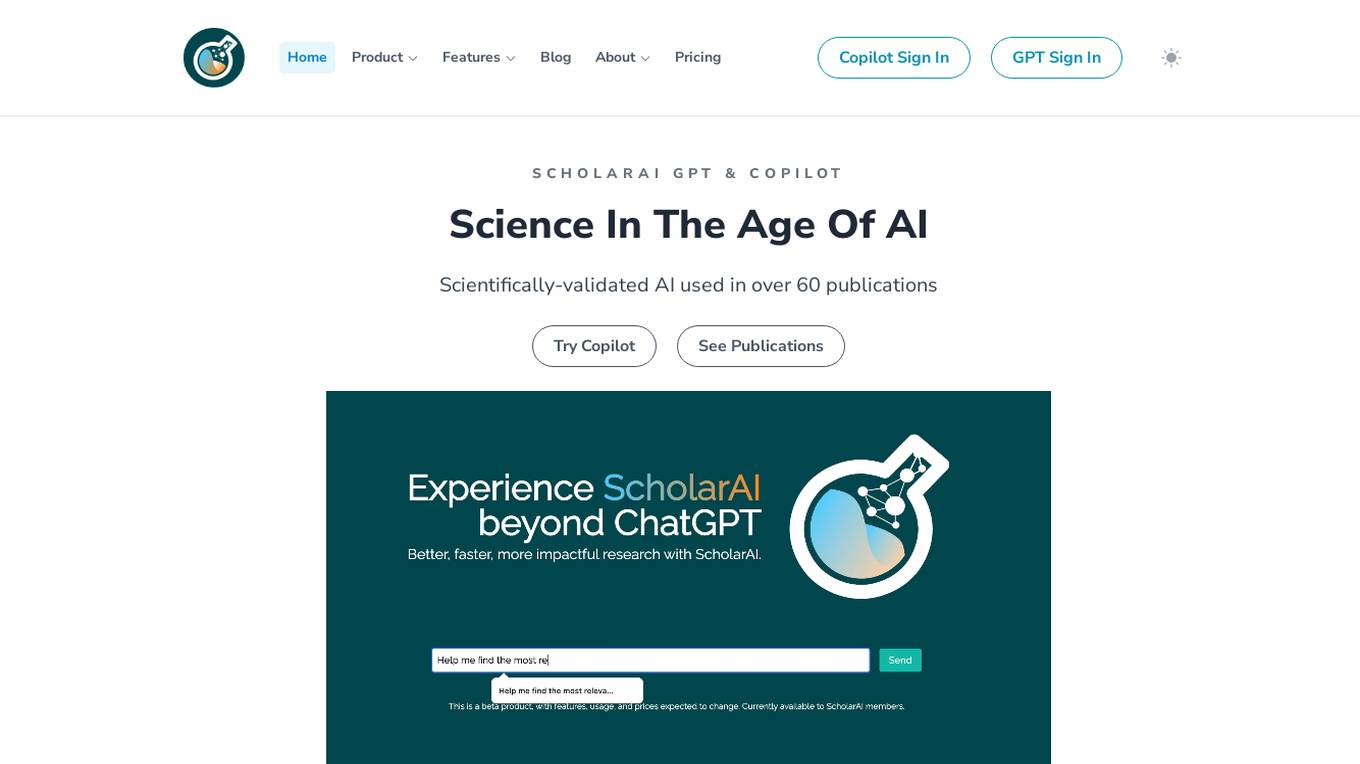
ScholarAI
ScholarAI is an AI-powered scientific research tool that offers a wide range of features to help users navigate and extract insights from scientific literature. With access to over 200 million peer-reviewed articles, ScholarAI allows users to conduct abstract searches, literature mapping, PDF reading, literature reviews, gap analysis, direct Q&A, table and figure extraction, citation management, and project management. The tool is designed to accelerate the research process and provide tailored scientific insights to users.
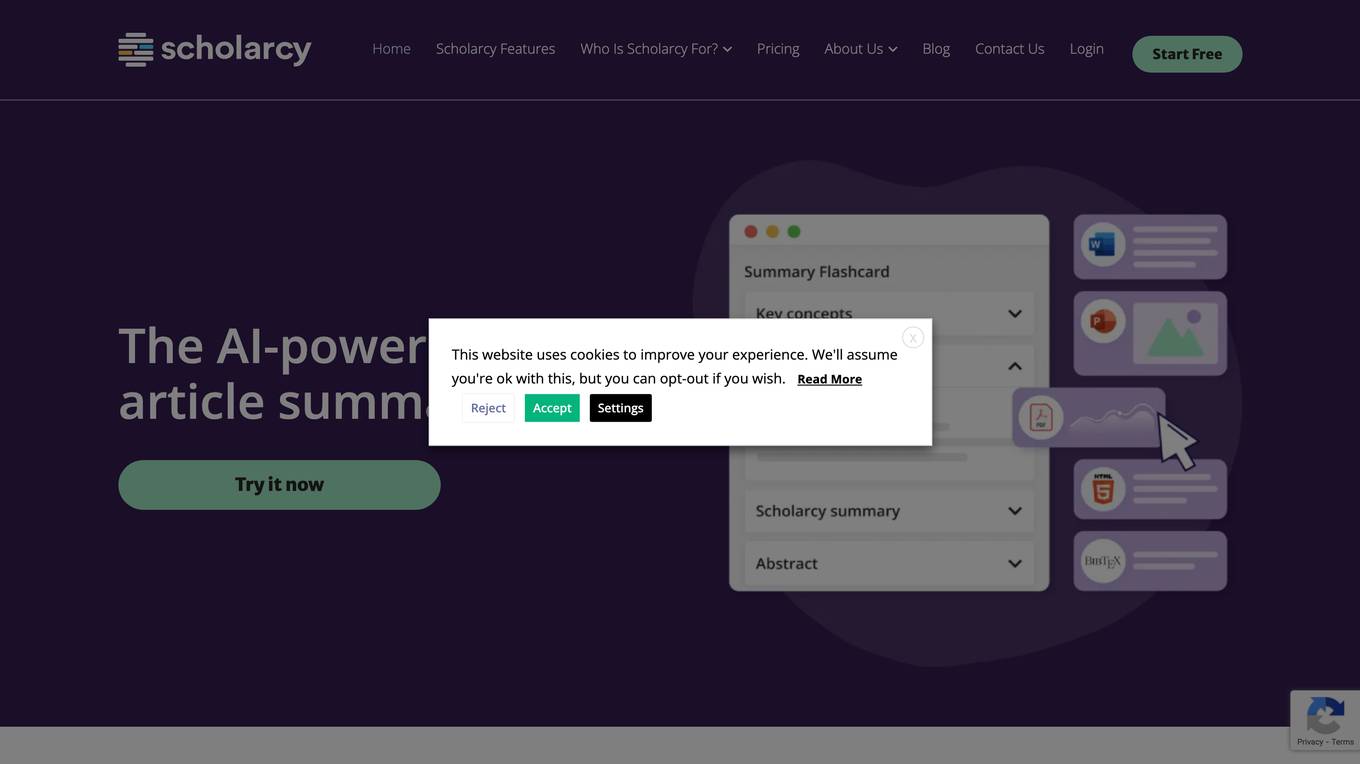
Scholarcy
Scholarcy is an AI-powered tool that helps users to summarize and analyze academic papers efficiently. By utilizing advanced algorithms, Scholarcy can extract key information from research articles, enabling users to save time and enhance their understanding of complex topics. The platform offers a seamless experience for researchers, students, and professionals looking to streamline their literature review process and extract valuable insights from scholarly articles.
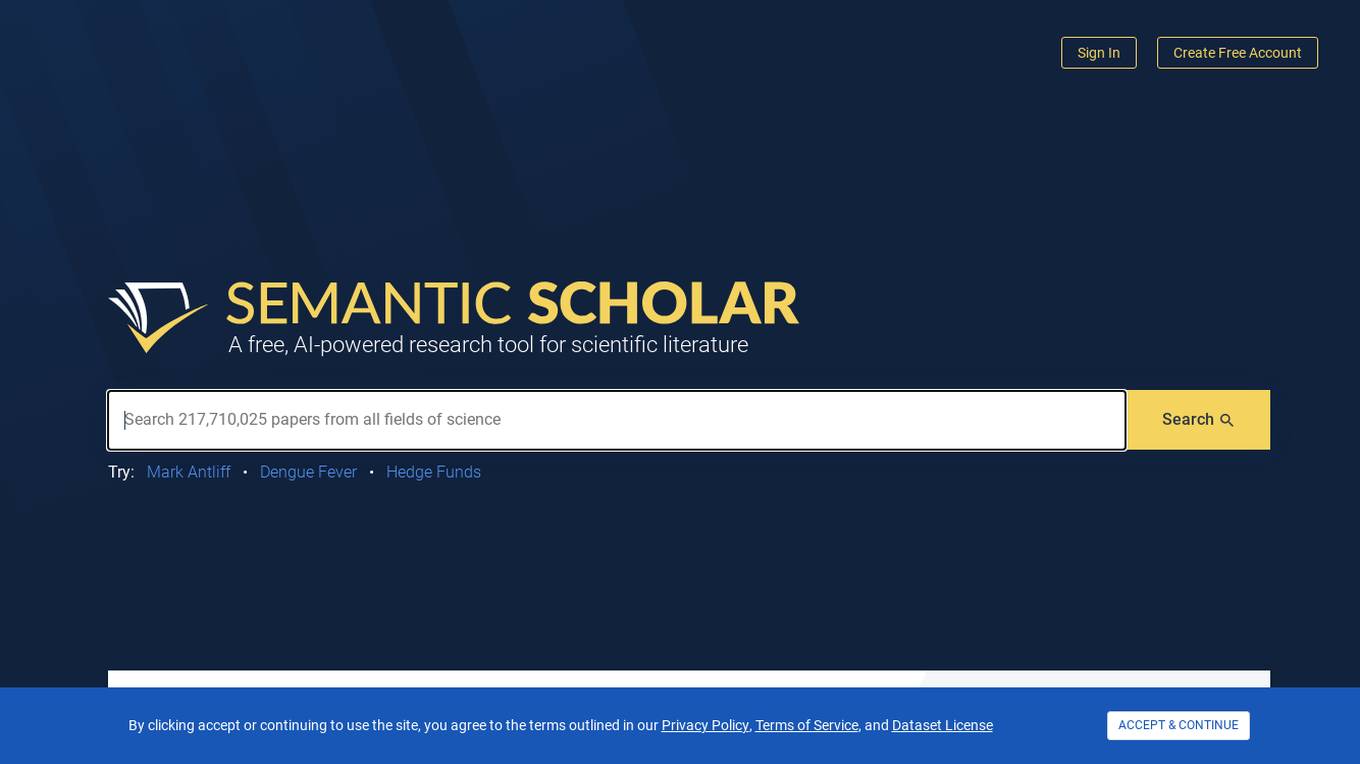
Semantic Scholar
Semantic Scholar is a free, AI-powered research tool for scientific literature. It is based at the Allen Institute for AI and provides access to over 217 million papers from all fields of science. Semantic Scholar uses AI to help users discover and explore scientific literature, and to stay up-to-date on the latest research. The tool also includes a number of features to help users manage their research, such as the ability to save papers, create bibliographies, and share research with others.
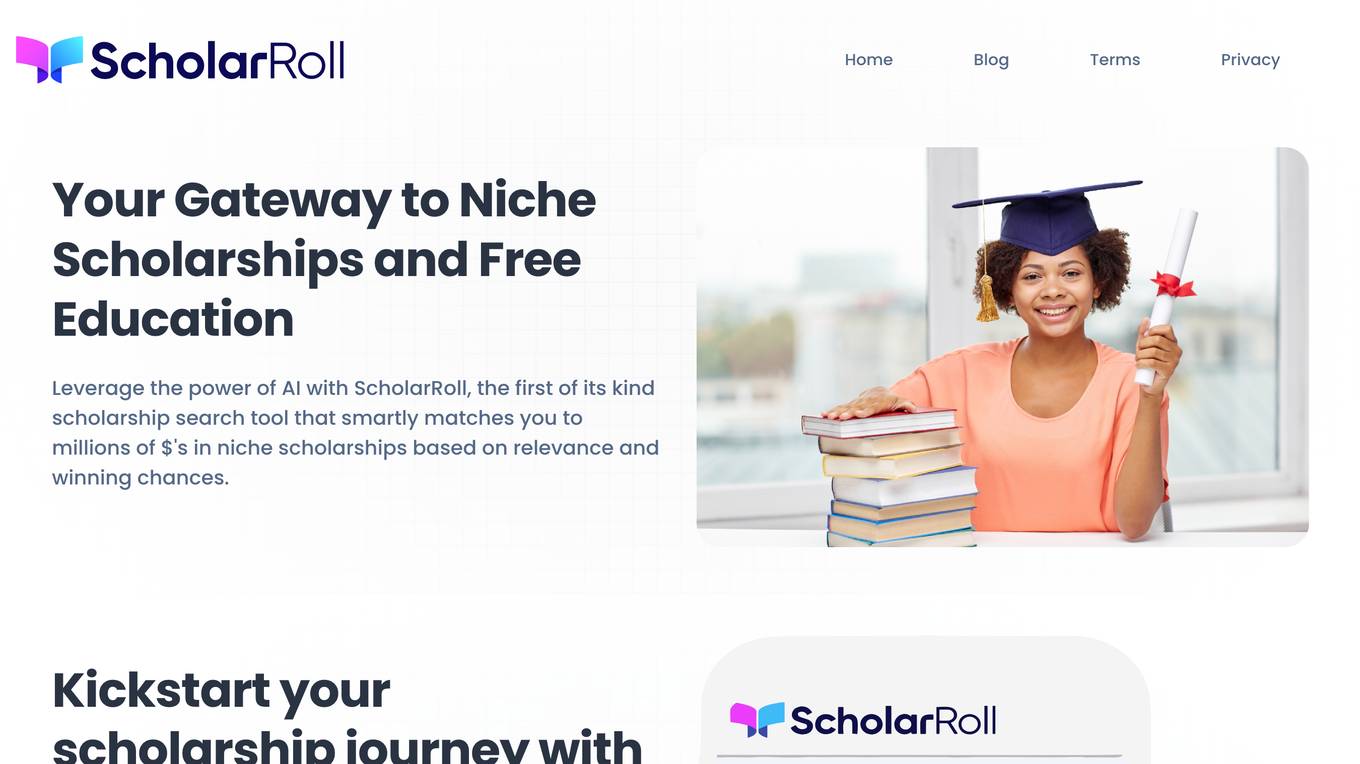
Slot Scatter Hitam
Slot Scatter Hitam is an online platform that offers a high Return to Player (RTP) experience, especially in the Mahjong Ways game. It provides players with the opportunity to achieve big wins by obtaining the rare black scatter symbol. The platform collaborates with major providers to enhance gameplay and increase jackpot chances. Players can benefit from game pattern hints, bonuses, and promotions, making their gaming sessions more enjoyable and rewarding. Slot Scatter Hitam aims to deliver a satisfying winning experience through strategic play and a bit of luck.
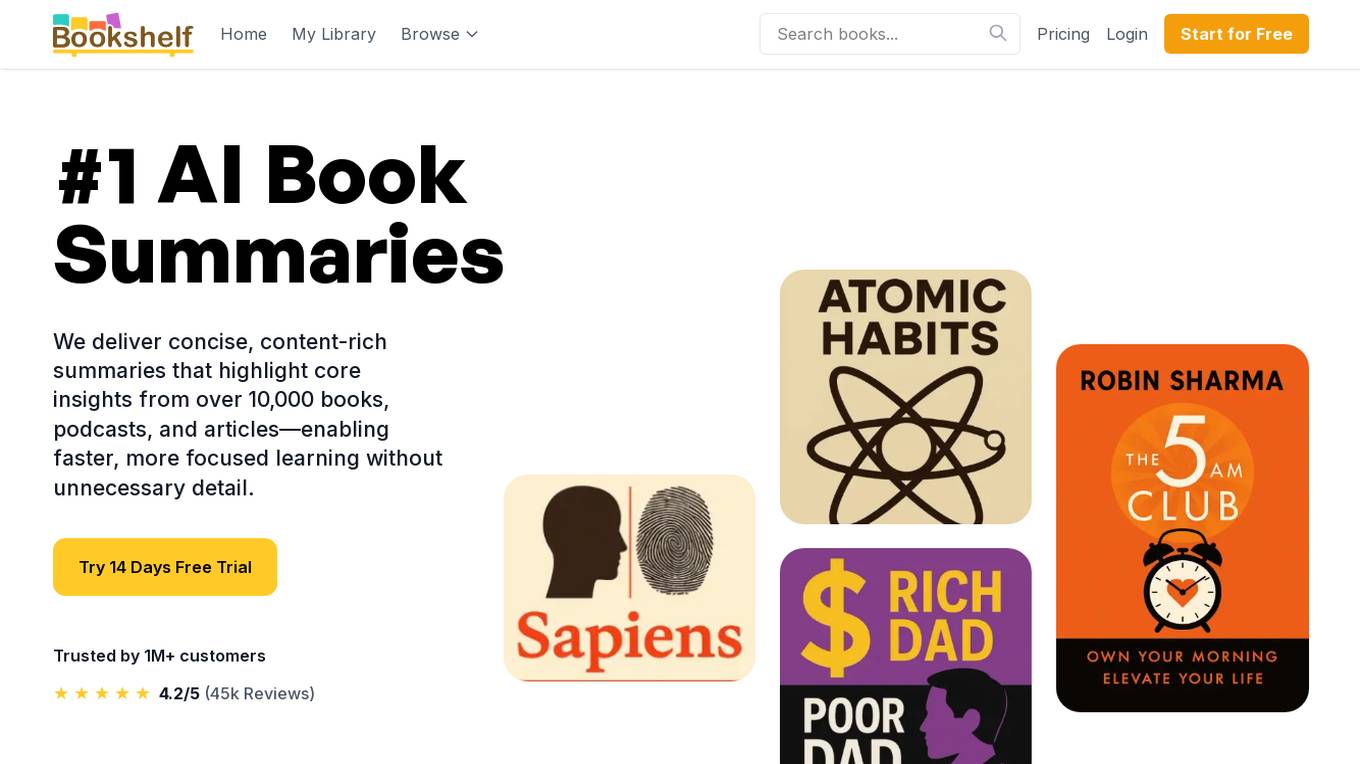
Bookshelf
Bookshelf is an AI tool that provides concise, content-rich summaries from over 10,000 books, podcasts, and articles. It transforms complex scholarship into clear insights, saving users from struggling through dense texts while delivering expertly distilled knowledge. Bookshelf offers innovative synthesis, purposeful brevity, and the latest releases in various genres, making it a valuable resource for individuals seeking to increase their nonfiction reading and improve productivity.
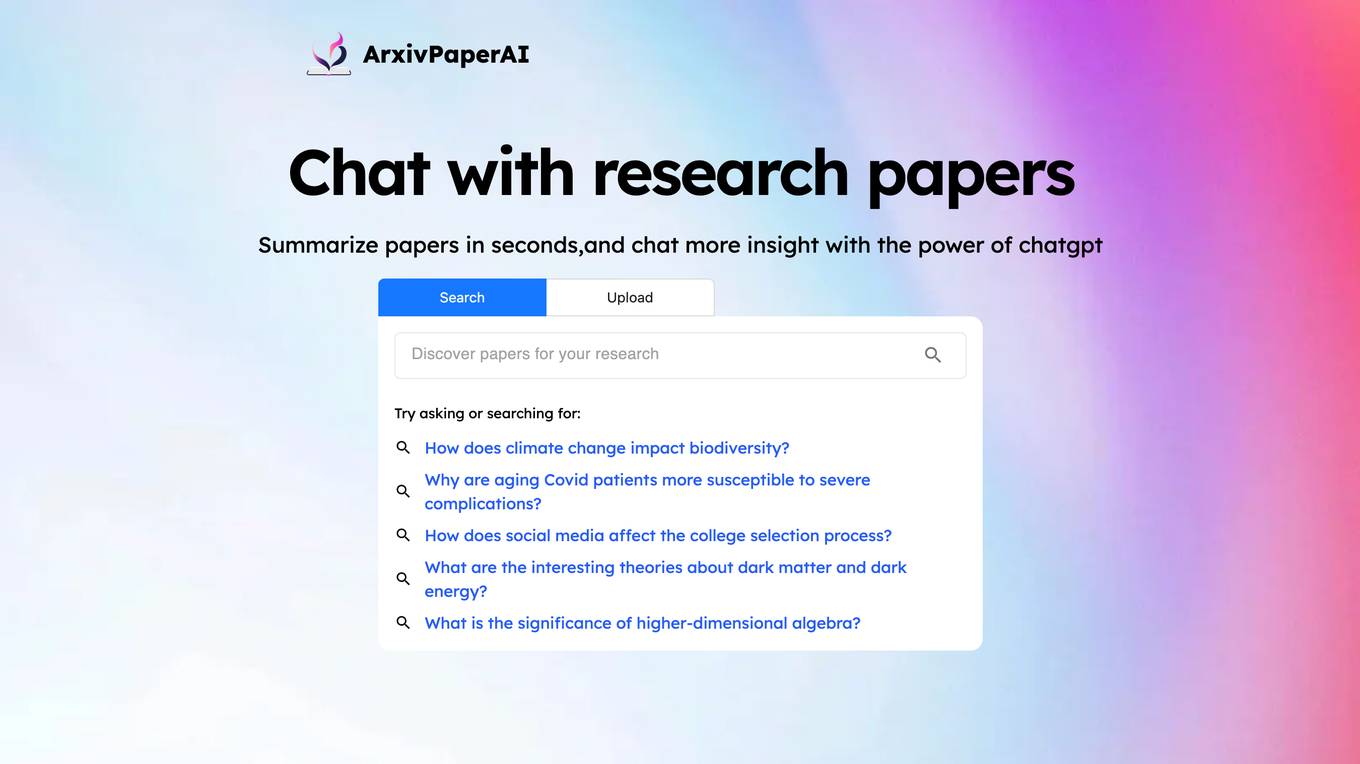
ArxivPaperAI
ArxivPaperAI is an AI-powered research paper summarizer that helps you quickly and easily understand the key points of academic papers. With ArxivPaperAI, you can:
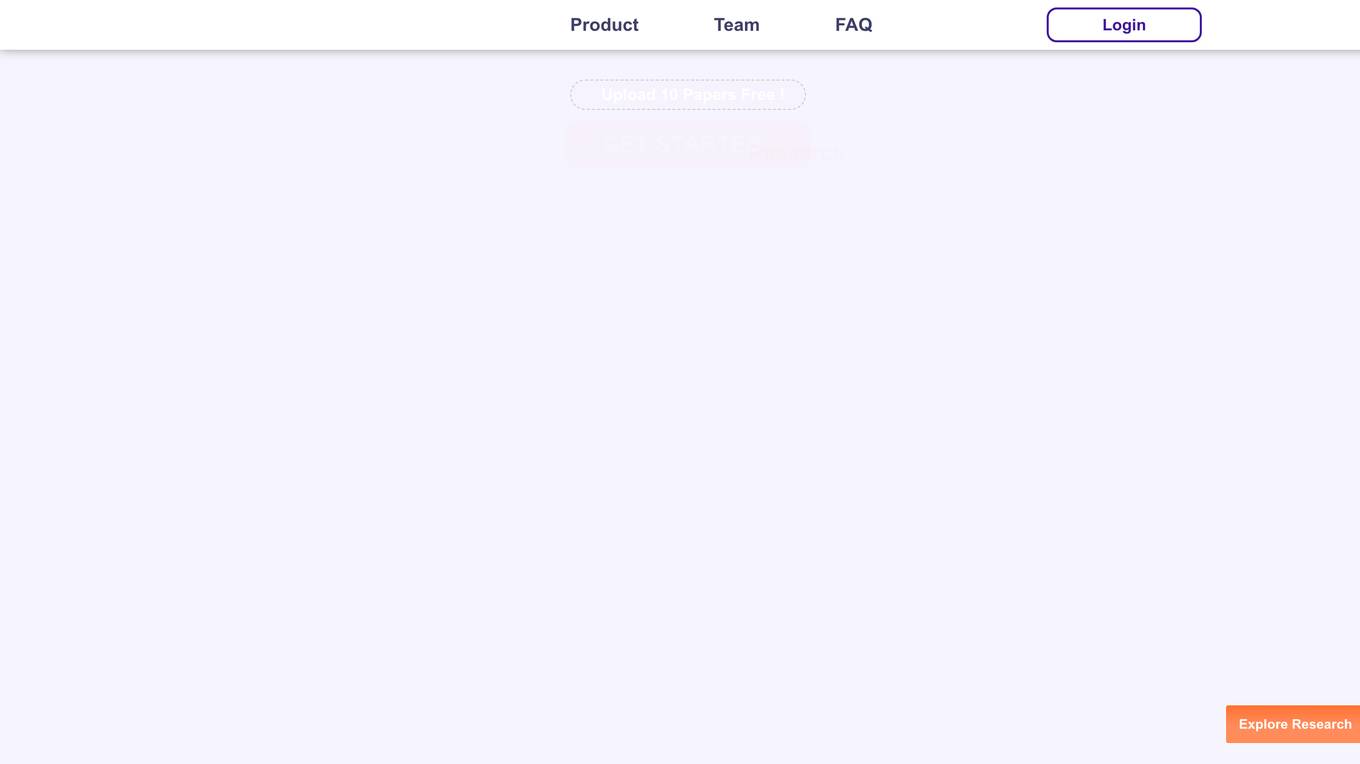
Papertalk.io
Papertalk.io is an AI-powered platform that revolutionizes research by providing users with access to over 215 million papers, AI-generated explanations, and actionable insights. The platform offers precision search tools, AI-powered understanding of research papers, and personalized guidance on applying insights practically. Papertalk.io aims to make research more accessible and approachable for users from diverse backgrounds, transforming complex data into easy-to-digest formats to foster innovation and expertise.

Transcript.LOL
Transcript.LOL is a transcription tool designed to save time and enhance productivity for creators and small to medium-sized businesses. It offers a platform to transcribe audio, video, and meeting recordings, supporting over 1500 platforms. The tool provides summaries, categorizes key themes, and offers contextual Q&A based on the transcriptions. With speaker identification and readable transcripts, users can easily navigate and understand the content. Transcript.LOL aims to streamline the transcription process and provide valuable insights faster than ever before.
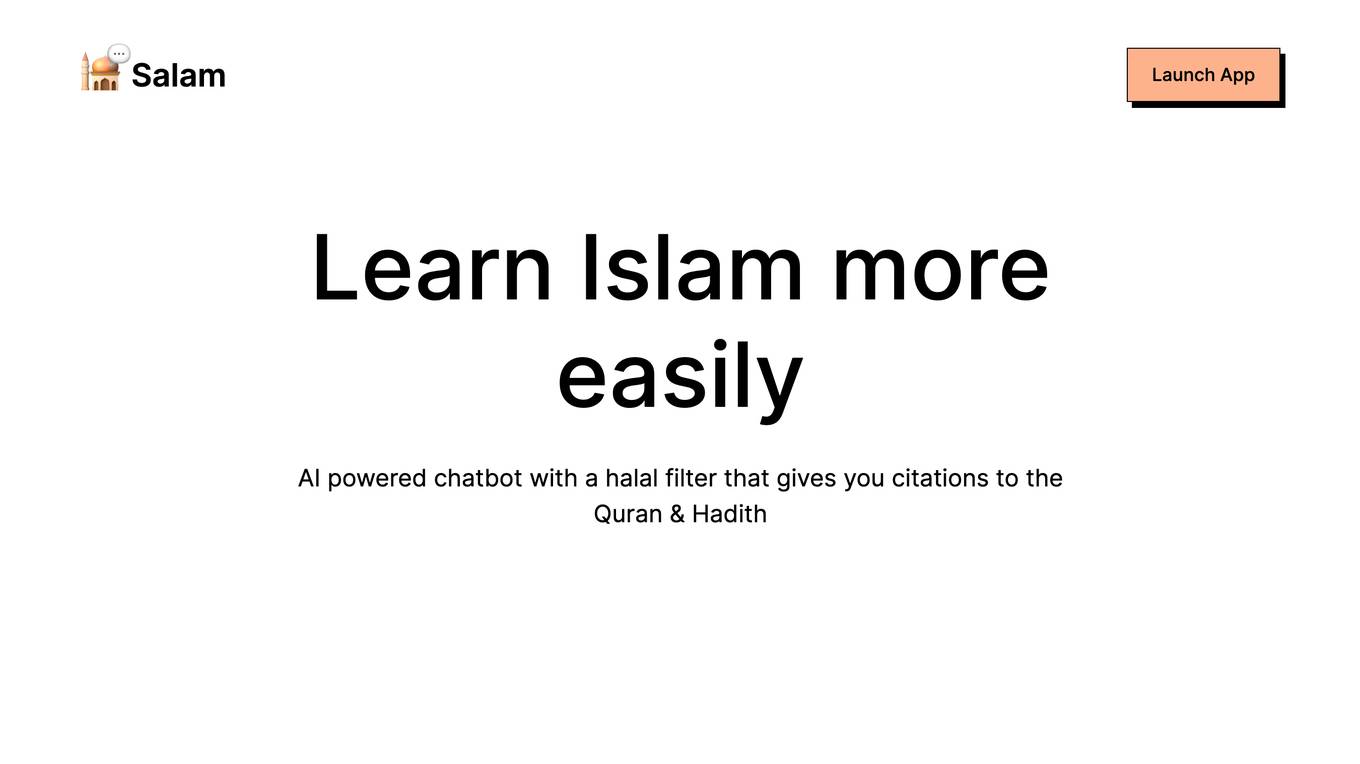
Salam Chat
Salam Chat is an AI-powered chatbot application designed to help users learn about Islam more easily. It features a halal filter that provides citations to the Quran & Hadith, ensuring the accuracy of the information shared. The chatbot is volunteer-driven and open-source, with a focus on community collaboration to enhance the user experience. Salam Chat aims to be a reliable and safe resource for individuals seeking Islamic knowledge, with plans to continuously improve and expand its features with the help of engineers, designers, and Islamic scholars.
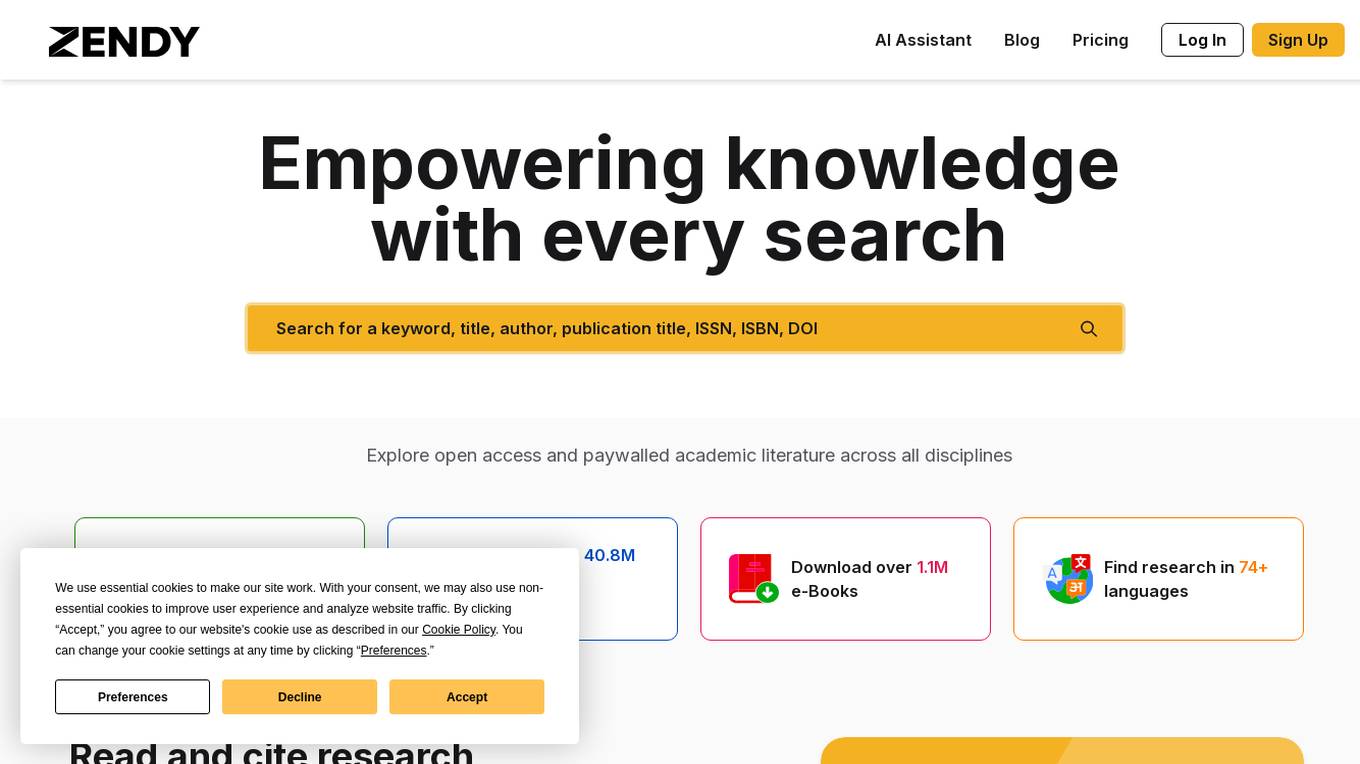
Zendy
Zendy is an AI-powered research library and AI assistant that empowers users to explore open access and paywalled academic literature across all disciplines. It offers tools for faster reading and citing of research papers, including AI summarization, key phrase highlighting, and organizing reading lists. With a user-friendly interface, Zendy helps users save time during literature review, making research more efficient and productive.
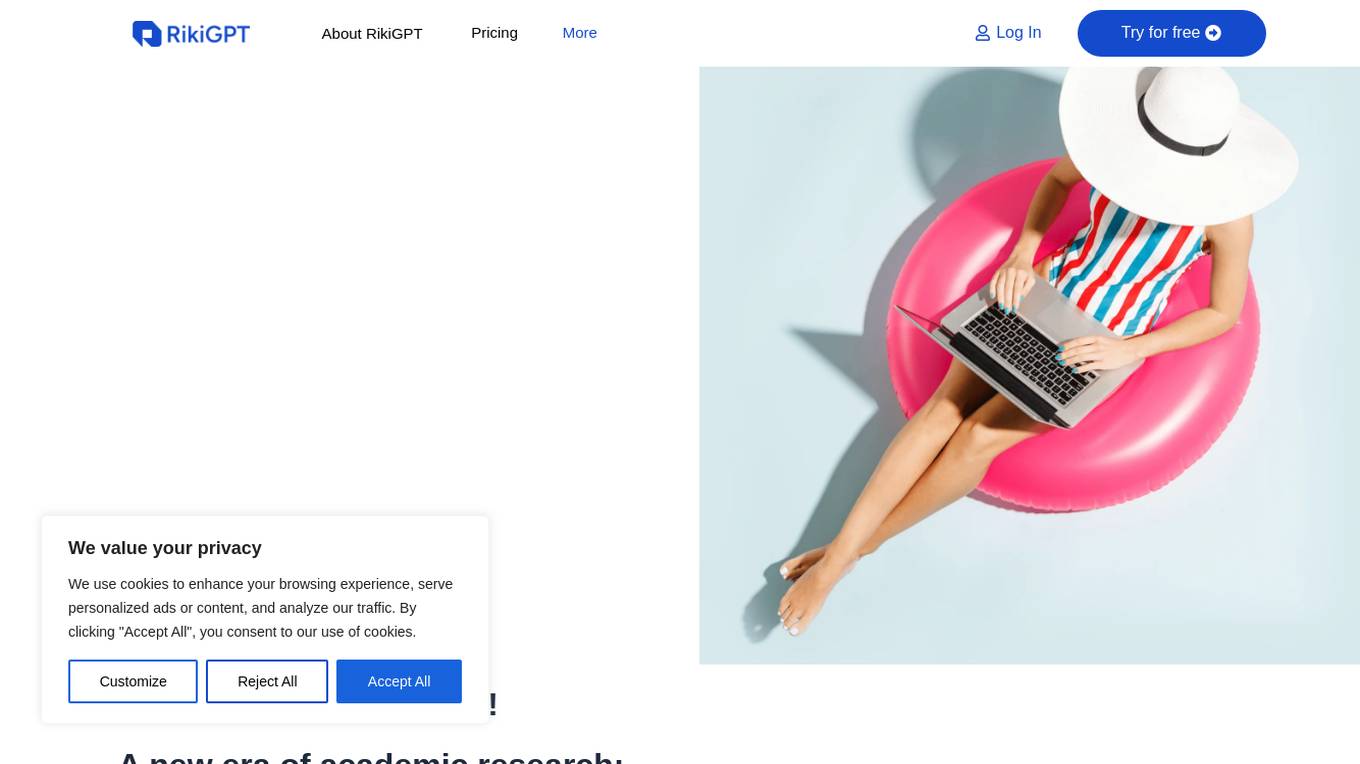
RikiGPT
RikiGPT is an AI tool designed for academic research, offering access to over 200 million scholarly sources. It provides enhanced writing experiences with detailed content, customizable reference lists, and integration with the latest GPT technology. Users can generate a 200-page thesis in just 1 minute, receive full academic chapters, and benefit from in-text citations and bibliography support. The tool also offers full translation services to over 100 languages, making it a comprehensive solution for research and writing needs.
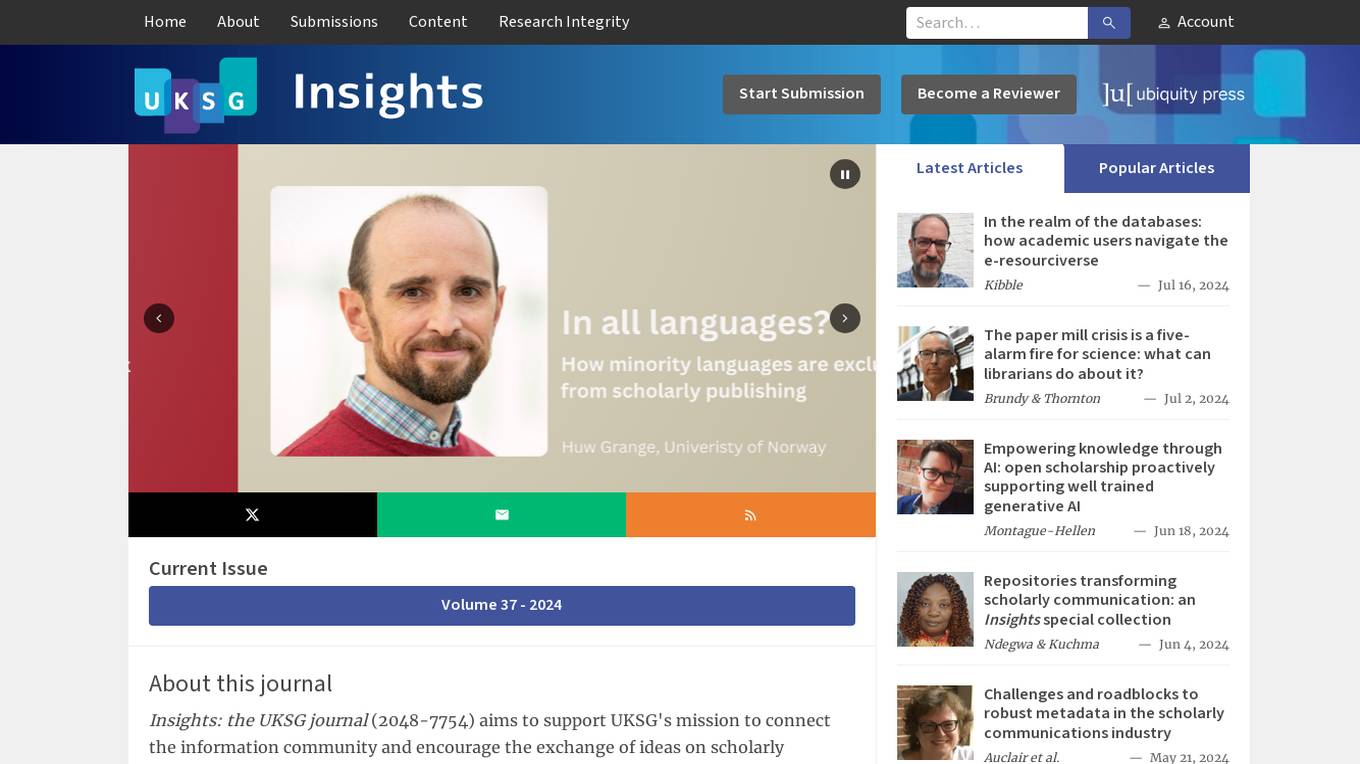
Insights
Insights is an AI tool designed to support UKSG's mission by connecting the information community and encouraging the exchange of ideas on scholarly communication. It provides a forum for stakeholders in the global knowledge community to communicate and exchange ideas. Insights disseminates news, information, and publications to raise awareness of services supporting the scholarly information sector. The journal was previously known as Serials: The Journal for the Serials Community and has been fully digitized and is openly accessible at serials.uksg.org.
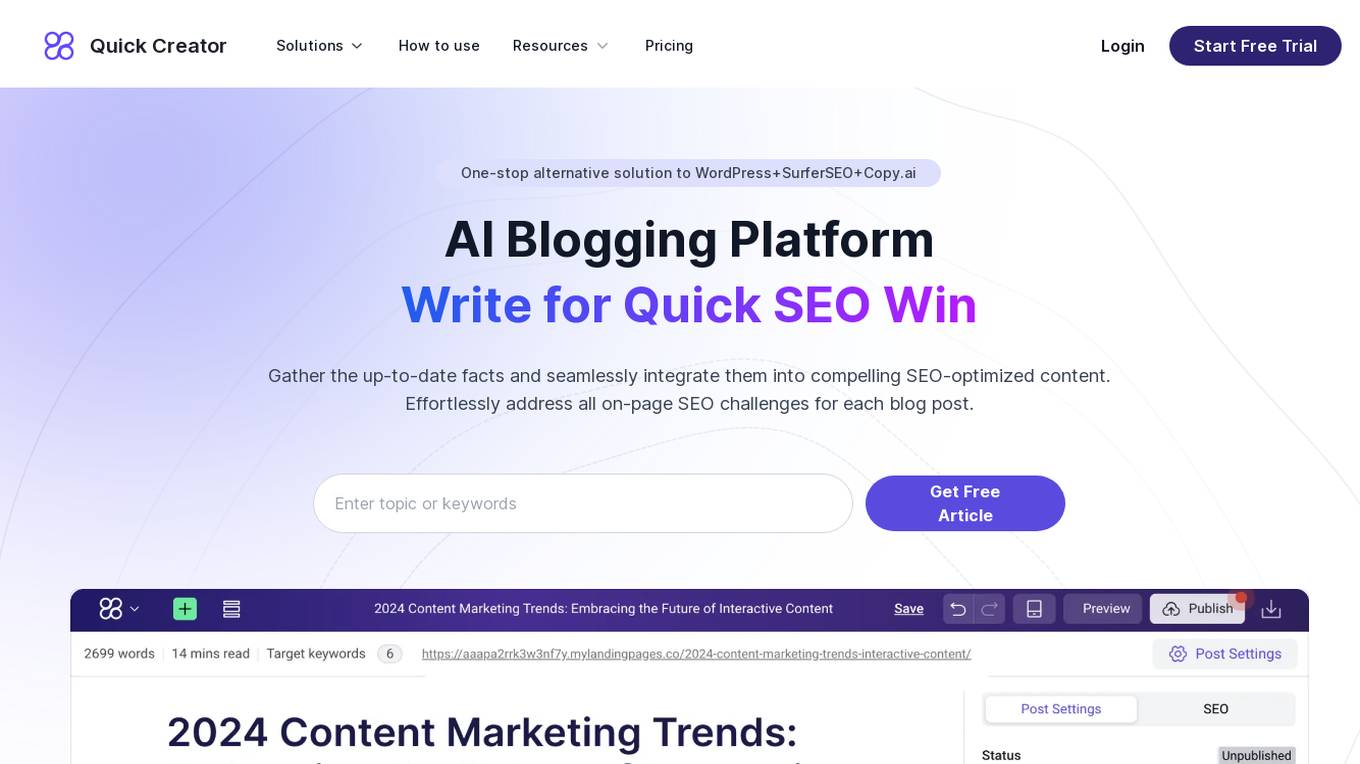
Quick Creator
Quick Creator is an AI-powered blogging platform that helps users create SEO-optimized content quickly and easily. It offers a range of features to help users with everything from writing and editing to hosting and publishing their blogs. Quick Creator is designed to be user-friendly and accessible to everyone, regardless of their technical expertise.
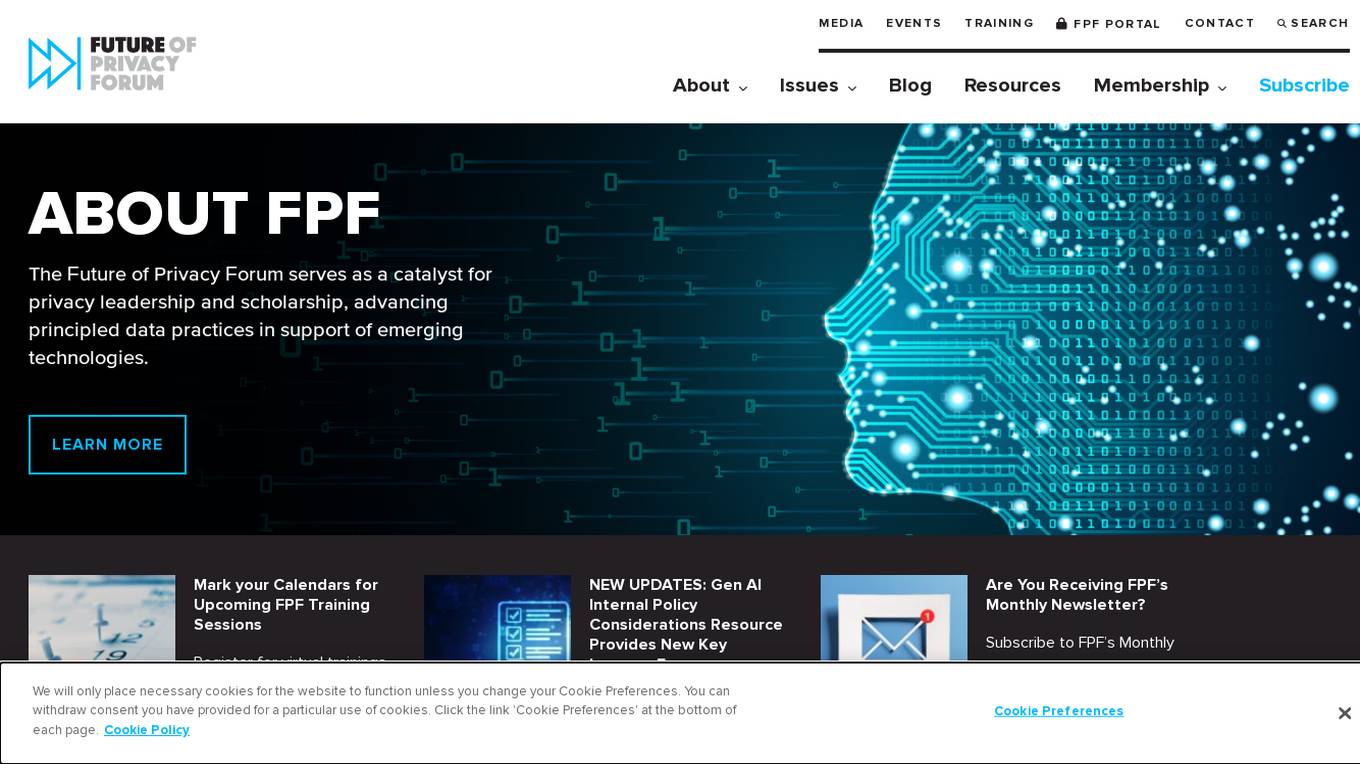
Future of Privacy Forum
The Future of Privacy Forum (FPF) is an AI tool that serves as a catalyst for privacy leadership and scholarship, advancing principled data practices in support of emerging technologies. It provides resources, training sessions, and guidance on AI-related topics, online advertising, youth privacy legislation, and more. FPF brings together industry, academics, civil society, policymakers, and other stakeholders to explore challenges posed by emerging technologies and develop privacy protections, ethical norms, and best practices.
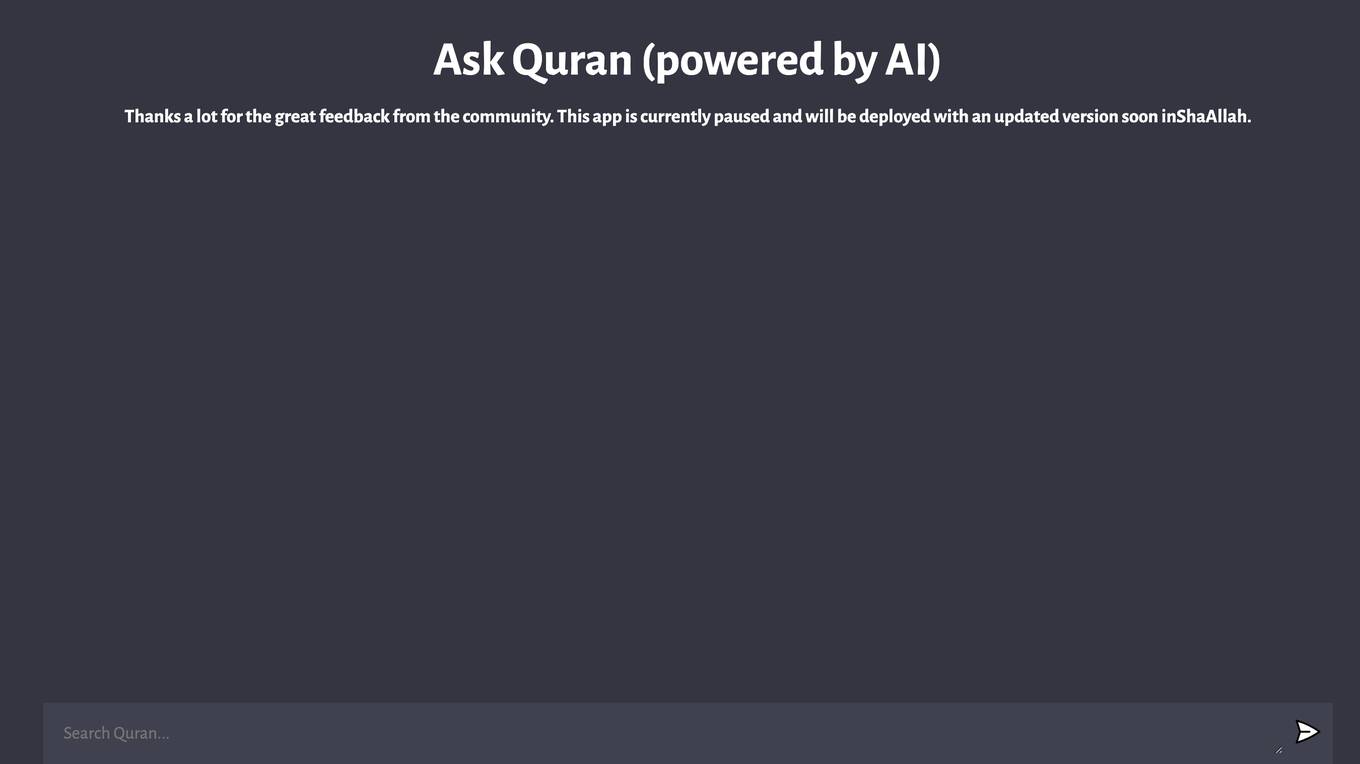
Ask Quran
Ask Quran is an AI-powered application designed to search the Quran using artificial intelligence technology. The app allows users to easily find specific verses or chapters in the Quran by leveraging advanced AI algorithms. With a user-friendly interface, Ask Quran aims to provide a seamless and efficient way for individuals to access and explore the teachings of the Quran. The application is currently paused for updates and improvements, with a new version expected to be released soon, by the grace of Allah.

Hebrew Bible Study
Hebrew Bible Study is a website dedicated to providing resources and tools for individuals interested in studying the Hebrew Bible. The platform offers a wide range of materials, including translations, commentaries, and study guides, to help users deepen their understanding of the sacred text. Whether you are a beginner looking to explore the basics or a seasoned scholar seeking advanced insights, Hebrew Bible Study aims to support your journey of learning and discovery.
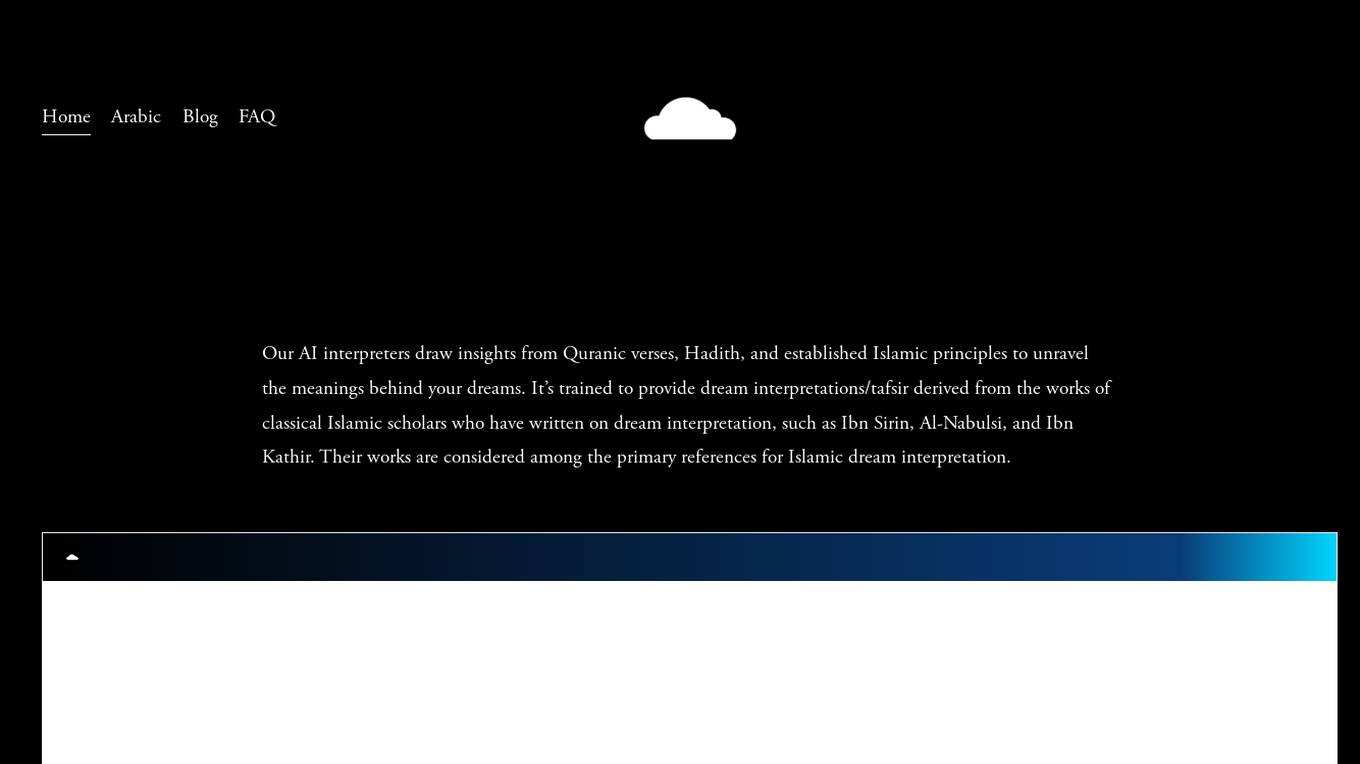
Easy Islamic Dream Interpretation
Easy Islamic Dream Interpretation is an AI tool that offers dream interpretations based on Quranic verses, Hadith, and established Islamic principles. The tool draws insights from classical Islamic scholars like Ibn Sirin, Al-Nabulsi, and Ibn Kathir to provide accurate and meaningful interpretations of dreams. Users can gain a deeper understanding of their dreams through the lens of Islamic teachings and traditions.
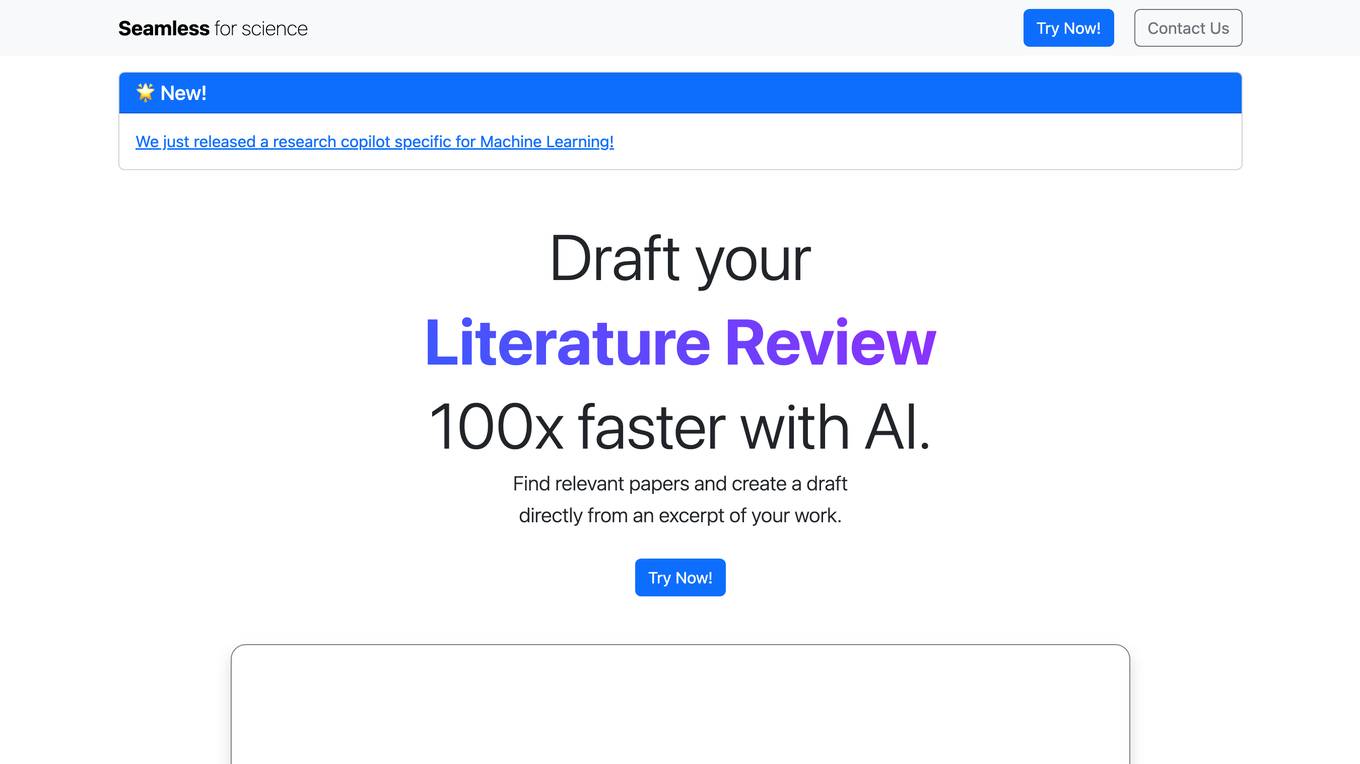
Seamless
Seamless is an AI-powered literature review tool and scholarship search assistant designed to revolutionize the academic research process. It utilizes advanced AI technology to accelerate the creation of literature reviews, find relevant papers, generate drafts, and assist in crafting compelling scholarship essays. With Seamless, users can access a vast database of scientific papers, receive real-time feedback on their writing, and enhance their language skills. The tool aims to streamline the research journey for students and researchers by providing comprehensive analysis, citations, and access to new sources of funding.
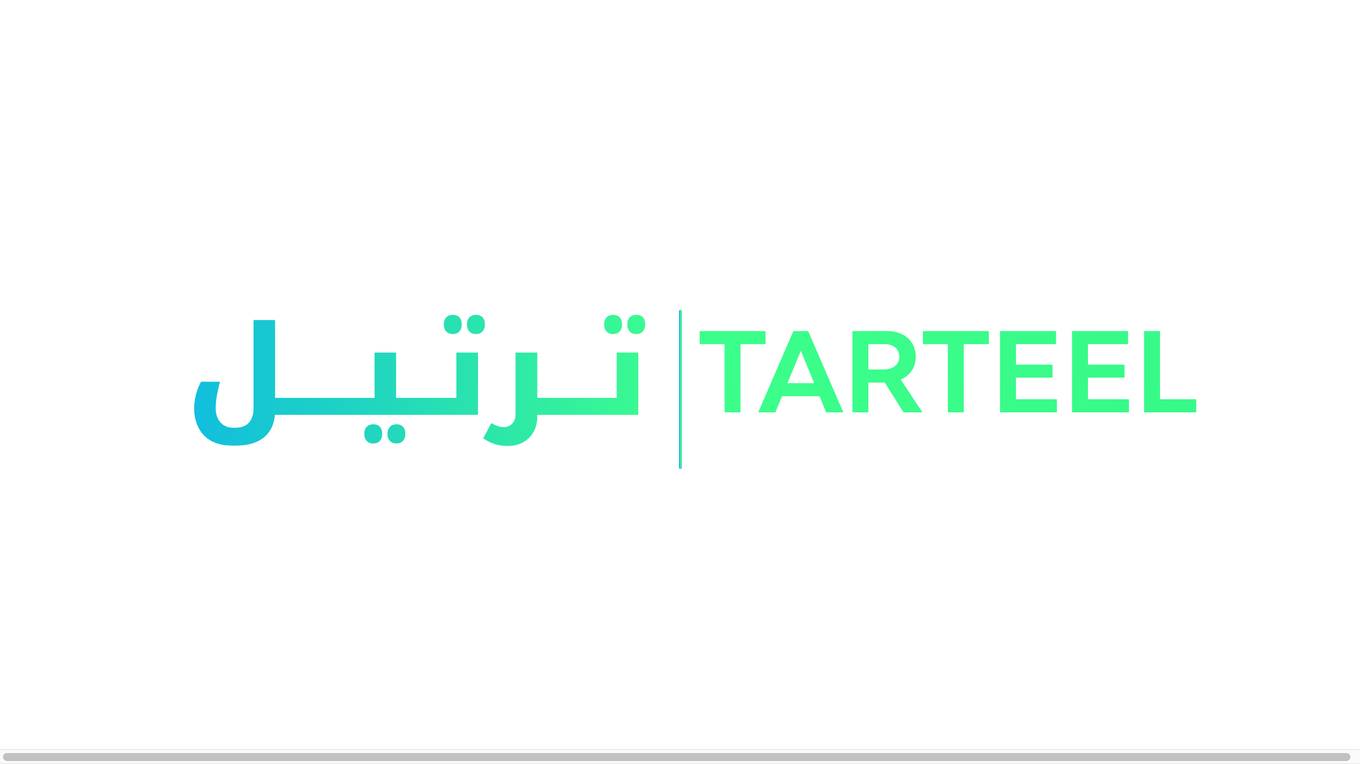
Tarteel
Tarteel is an AI-powered Quran memorization application that offers a premium experience for users. It provides features such as mistake detection, personalized memorization planning, goal setting, and more. Users can track their progress and enhance their Quran memorization journey with Tarteel's intuitive tools. The application aims to help individuals improve their recitation skills and deepen their understanding of the Quran.
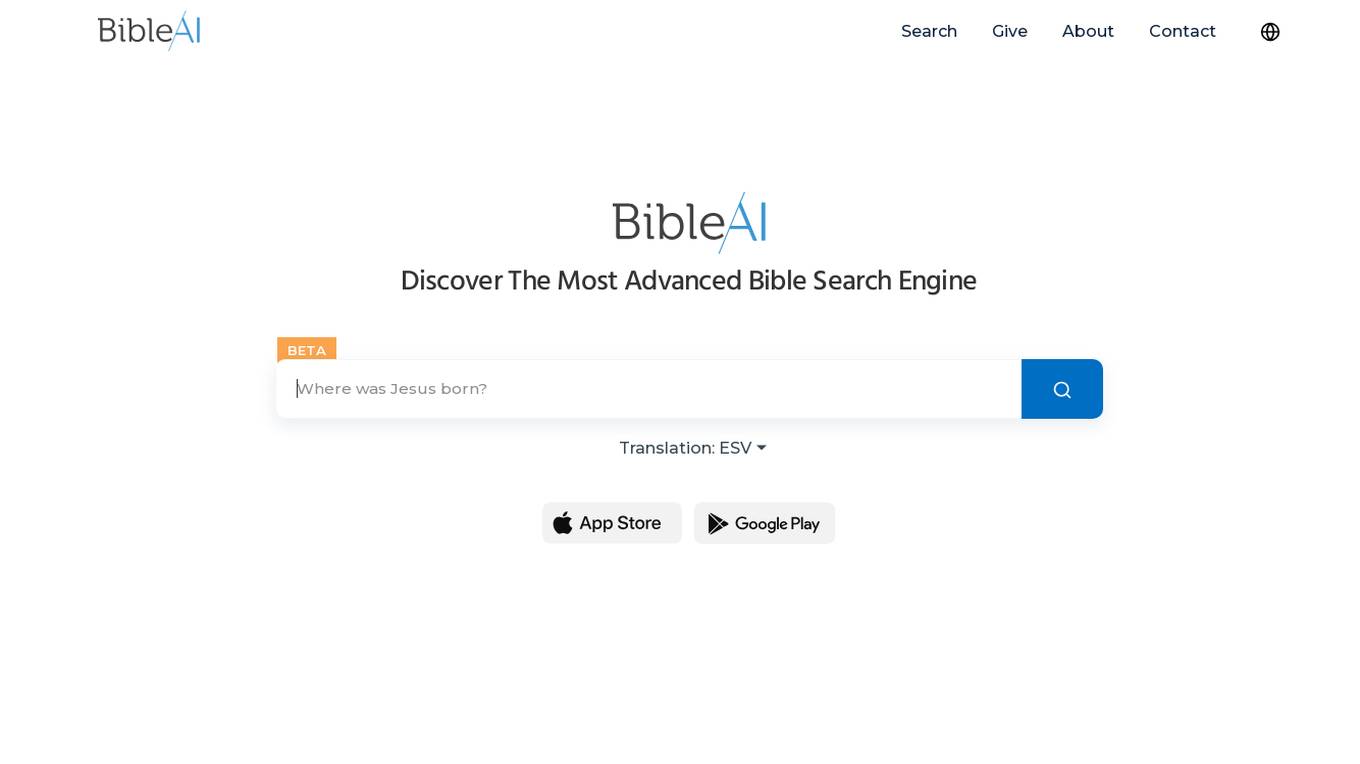
Bible AI
Bible AI is an advanced Bible search engine that utilizes AI technology to provide users with relevant content for Bible study. Users can explore the Bible, read it with intuitive tools, create customized study plans, and download their notes and bookmarks. The platform aims to advance the Gospel by making it known and accessible to many. It offers the latest updates on services, AI technology, and insights on the Bible. With features like AI-powered search, multilingual access, and regular updates, Bible AI enhances the Bible study experience for users worldwide.
1 - Open Source Tools

papersgpt-for-zotero
PapersGPT For Zotero is an AI plugin that enhances papers reading and research efficiency by integrating cutting-edge LLMs and offering seamless Zotero integration. Users can ask questions, extract insights, and converse with PDFs directly, making it a powerful research assistant for scholars, researchers, and anyone dealing with large amounts of text in PDF format. The plugin ensures privacy and data safety by using locally stored models and modules, with the ability to switch between different models easily. It provides a user-friendly interface for managing and chatting documents within Zotero, making research tasks more streamlined and productive.
20 - OpenAI Gpts
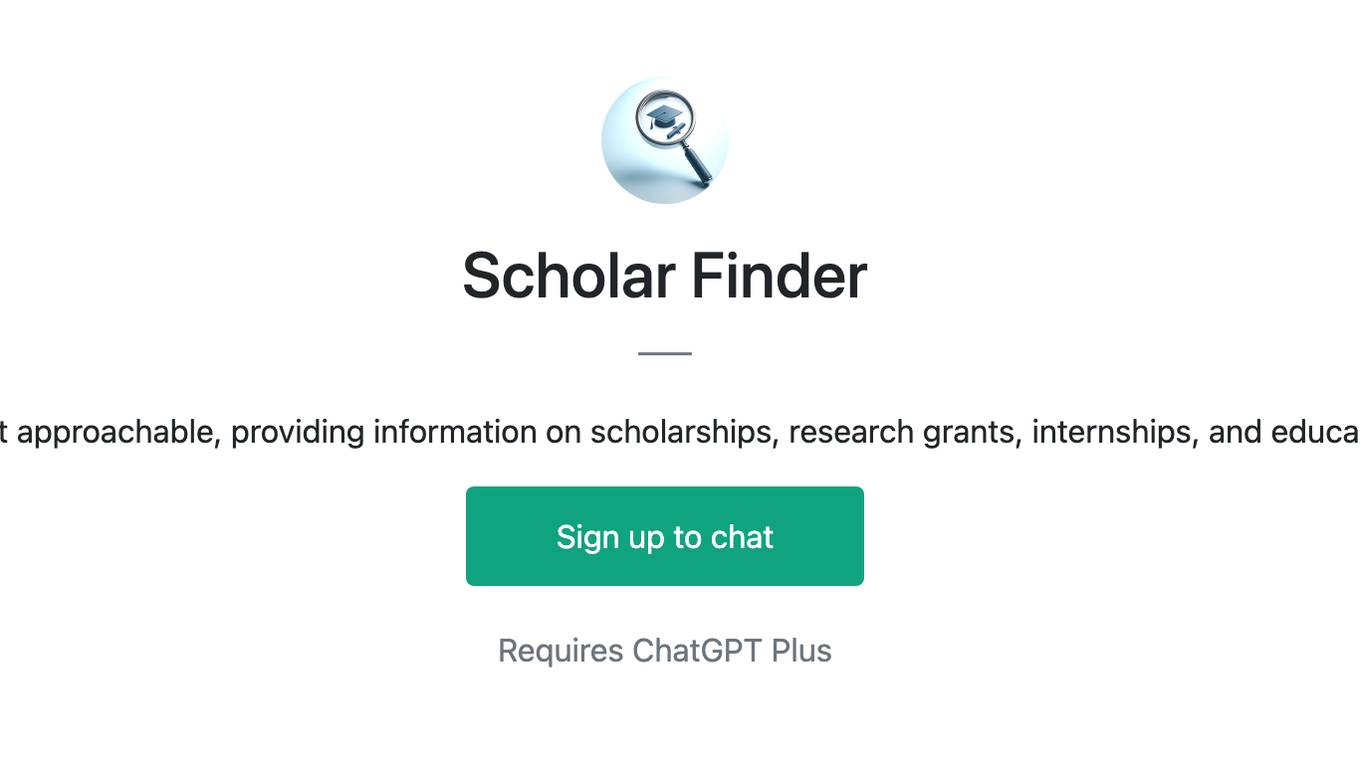
Scholar Finder
Professional yet approachable, providing information on scholarships, research grants, internships, and educational events.
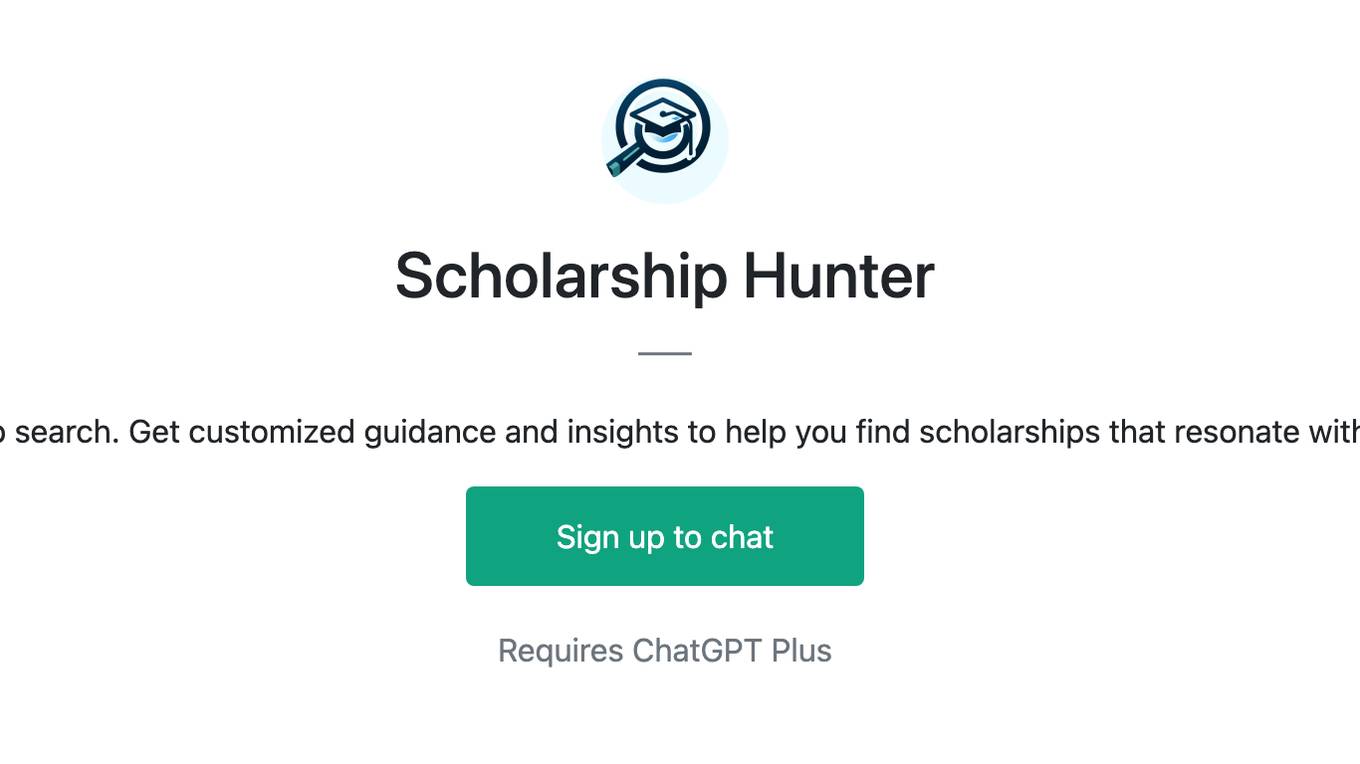
Scholarship Hunter
Your partner in scholarship search. Get customized guidance and insights to help you find scholarships that resonate with your academic journey.
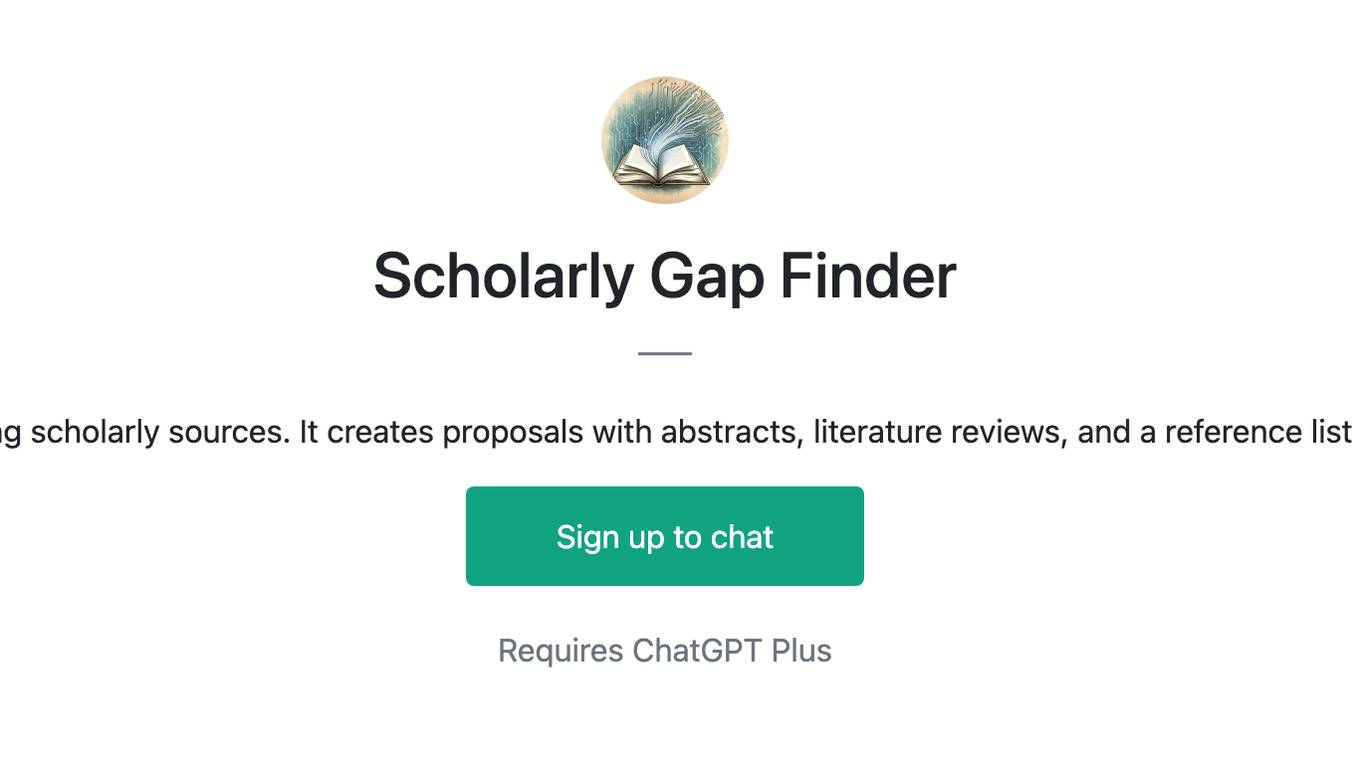
Scholarly Gap Finder
SGF identifies research gaps using scholarly sources. It creates proposals with abstracts, literature reviews, and a reference list tailored for academic research.
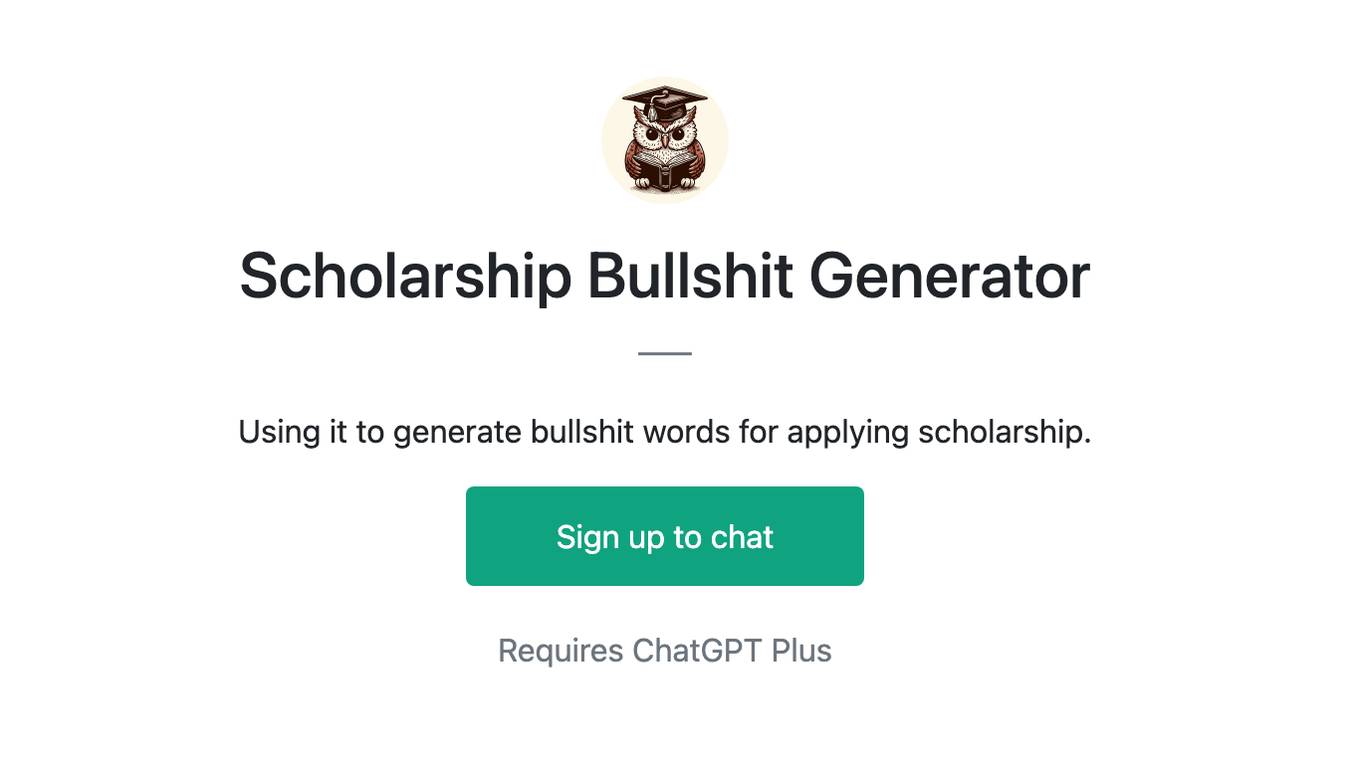
Scholarship Bullshit Generator
Using it to generate bullshit words for applying scholarship.
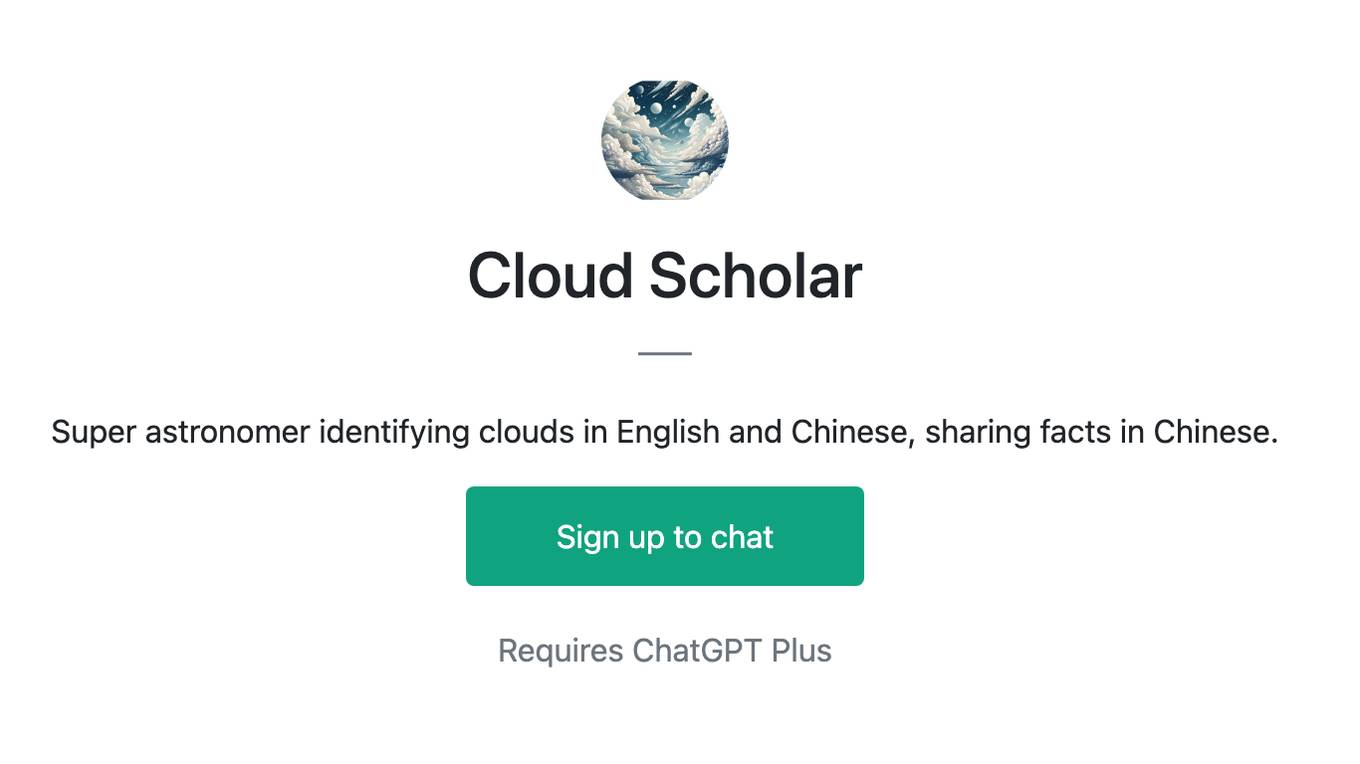
Cloud Scholar
Super astronomer identifying clouds in English and Chinese, sharing facts in Chinese.
